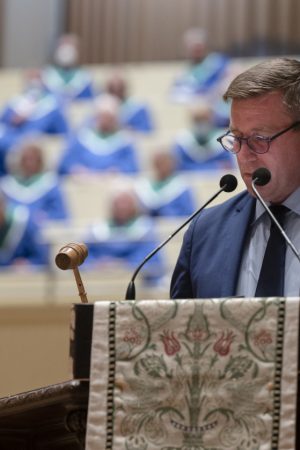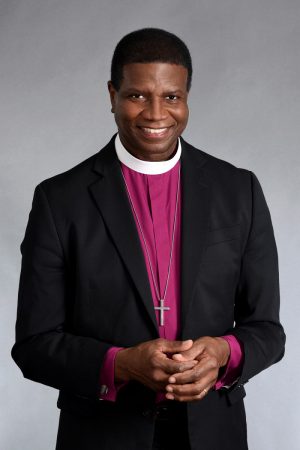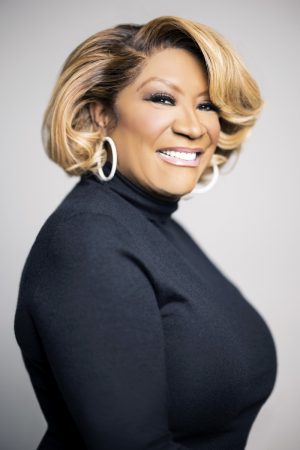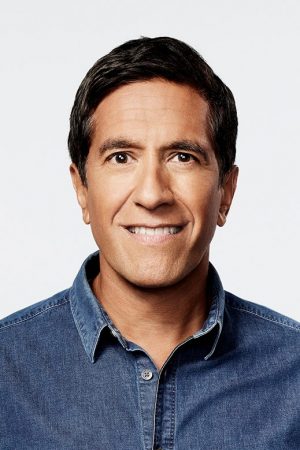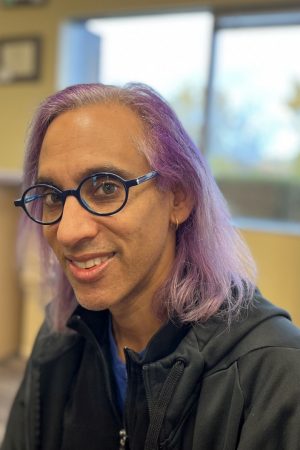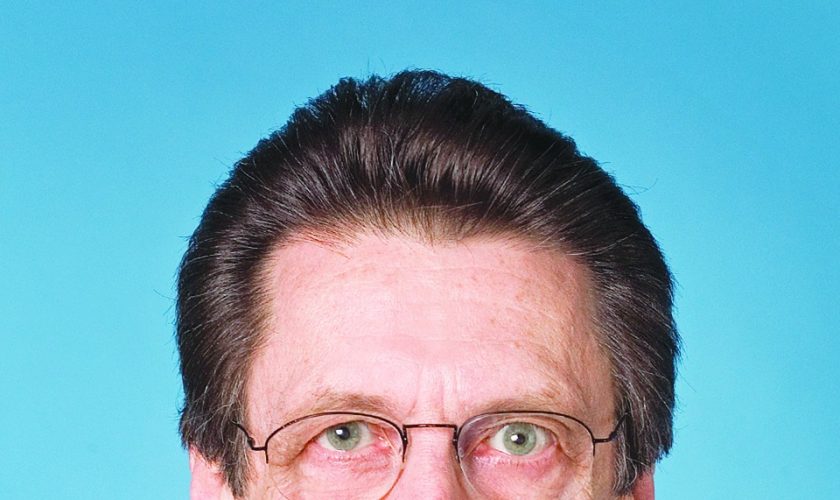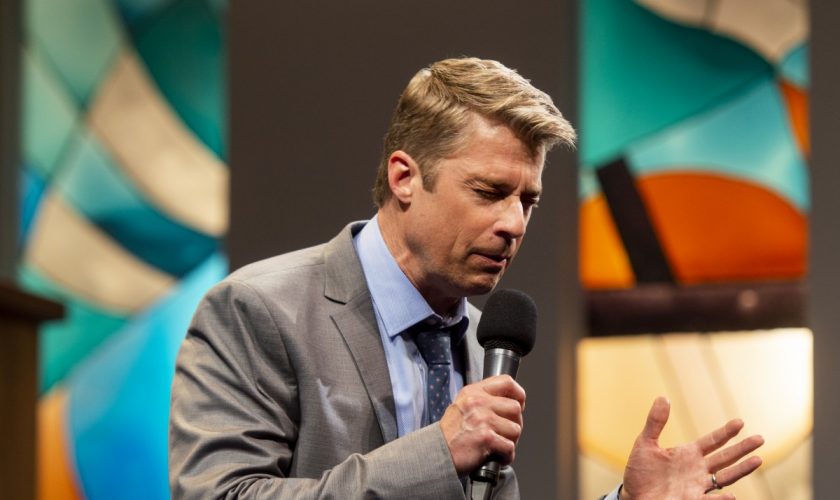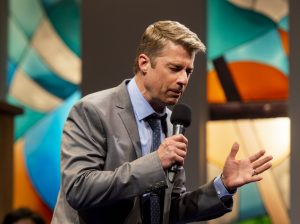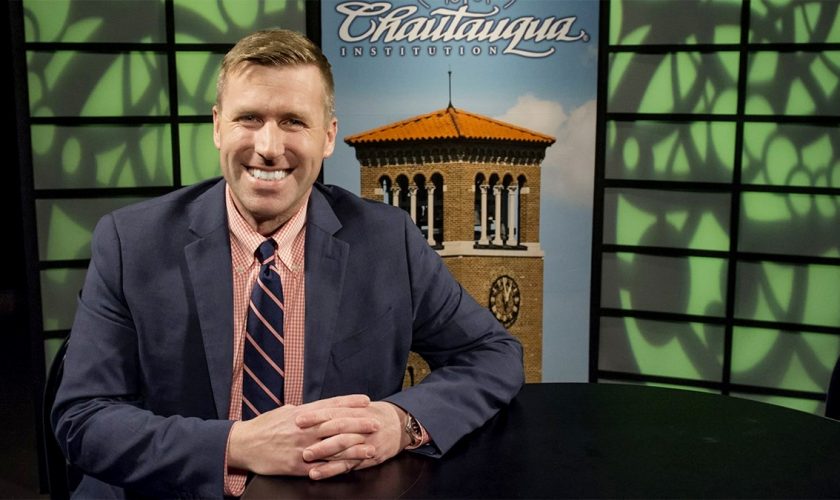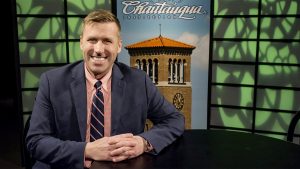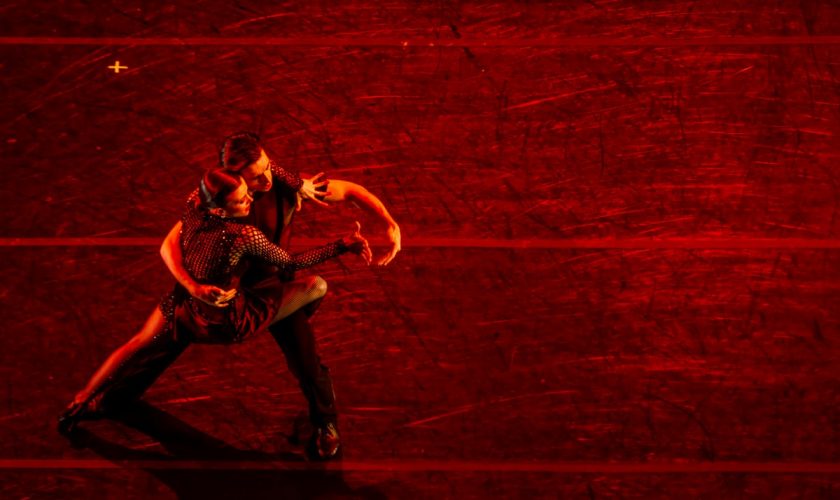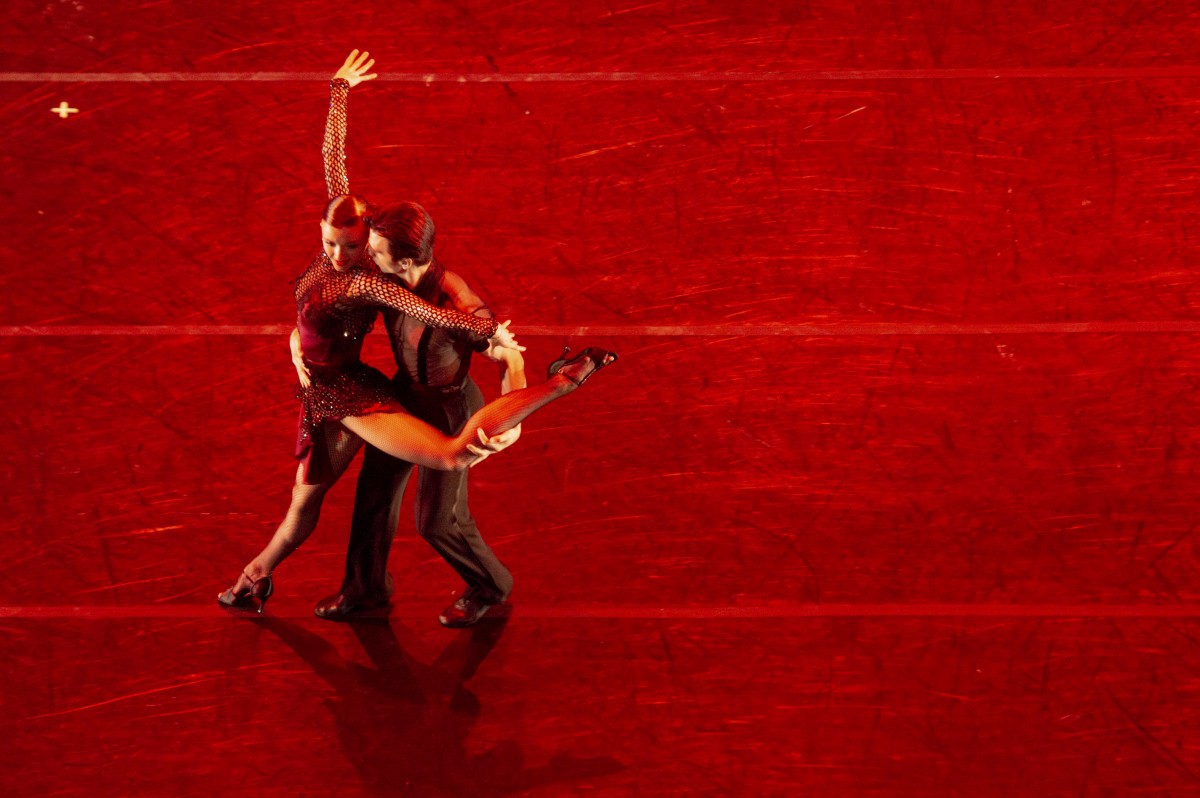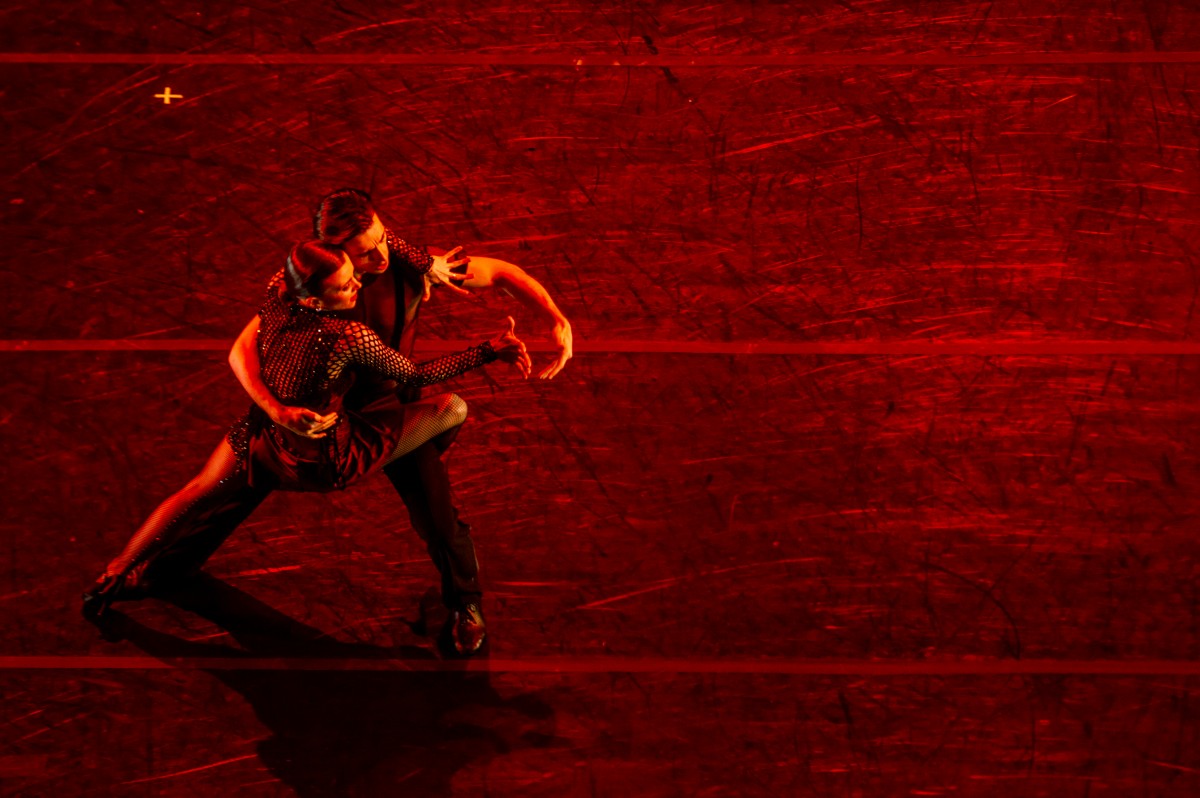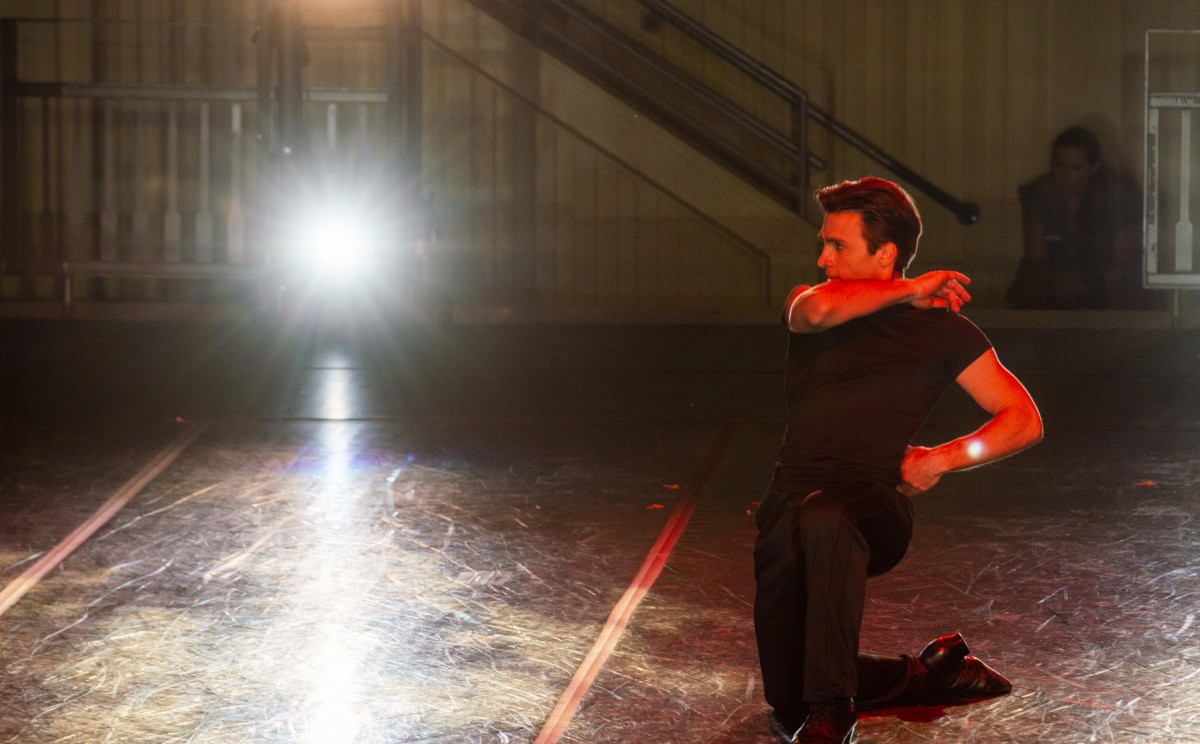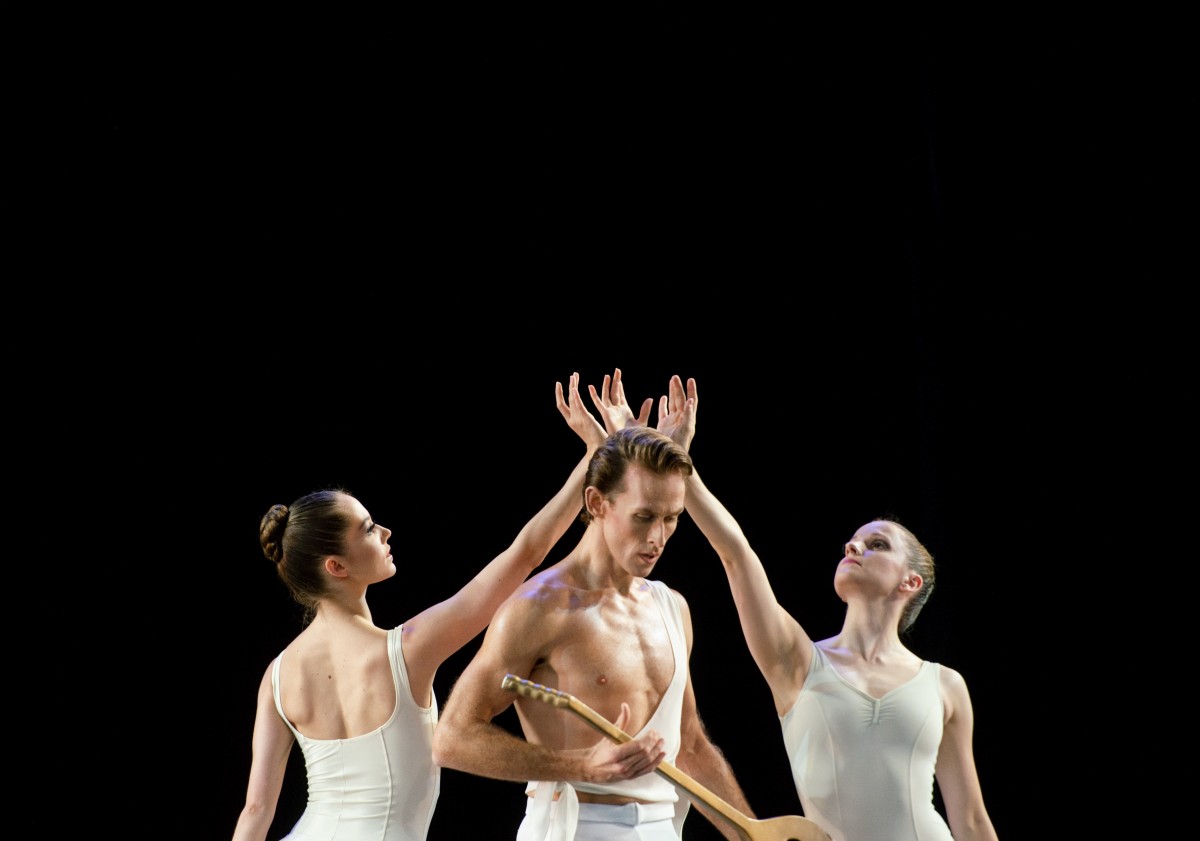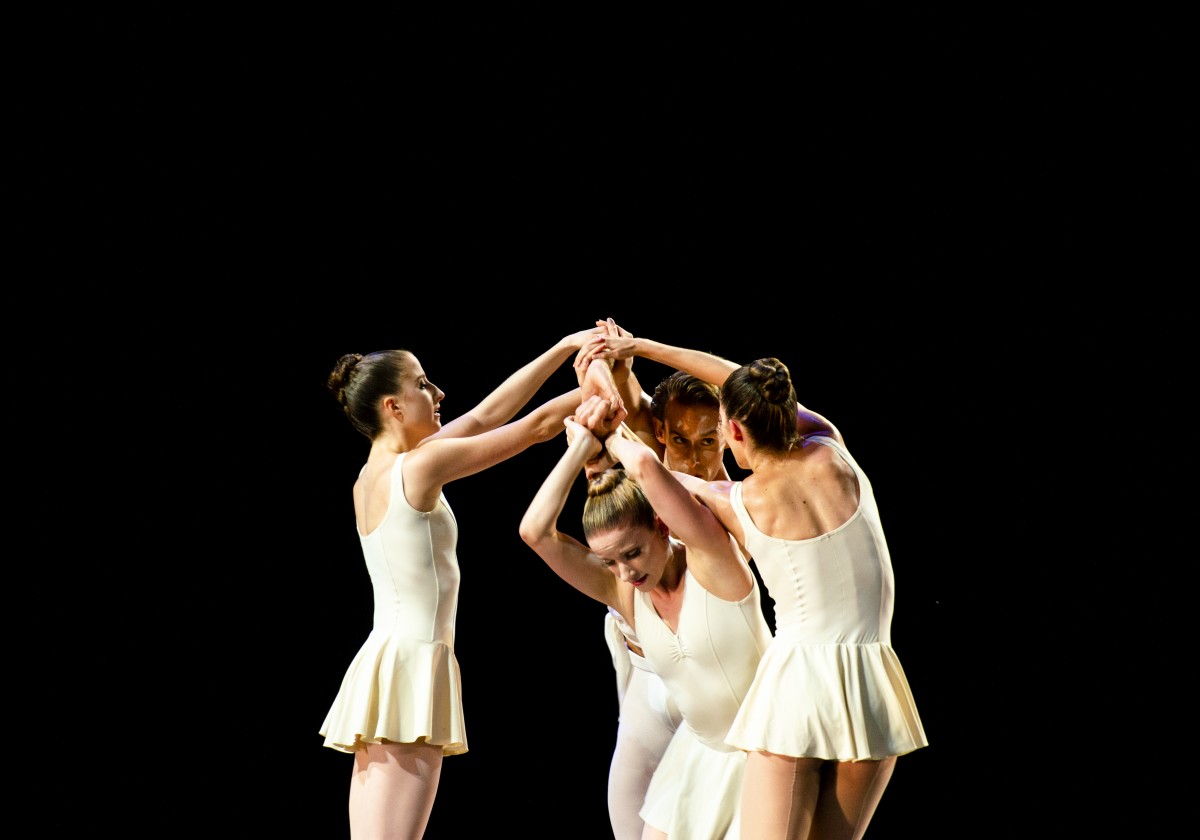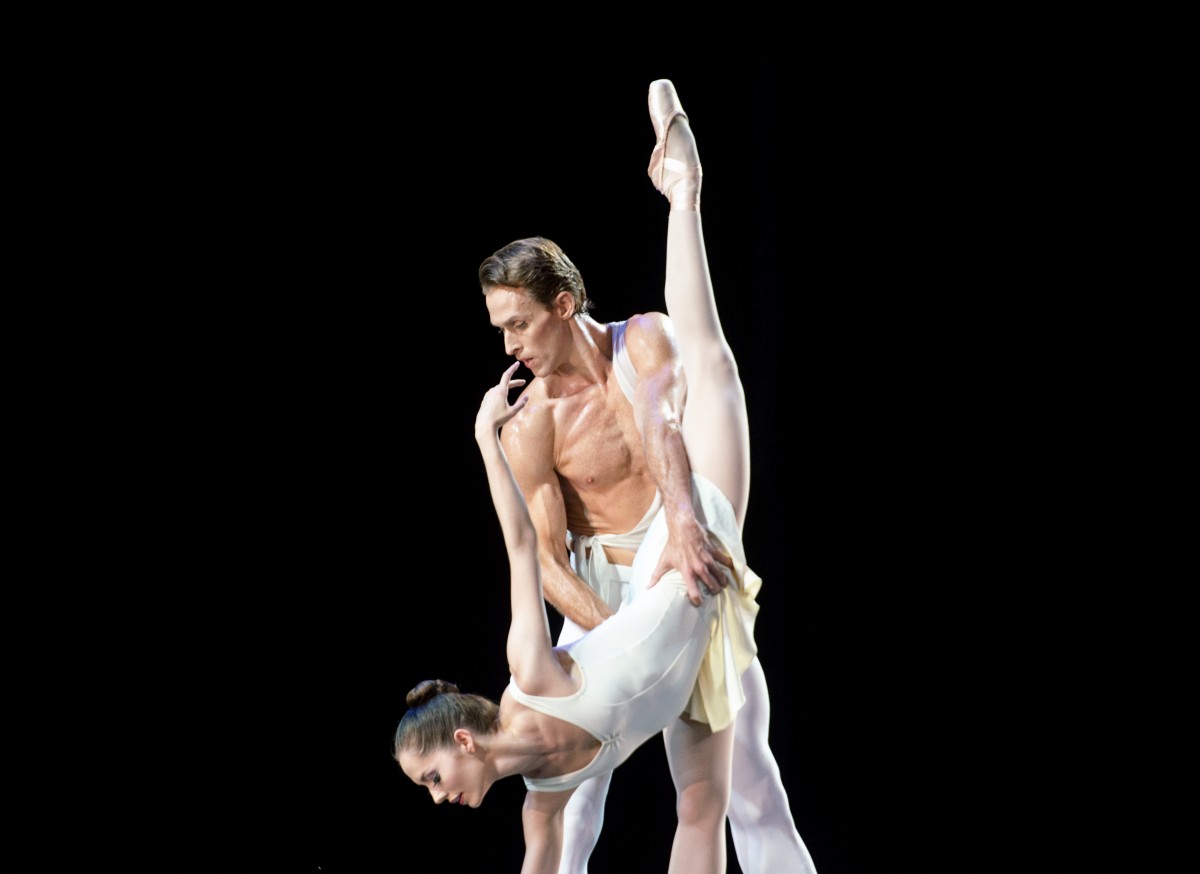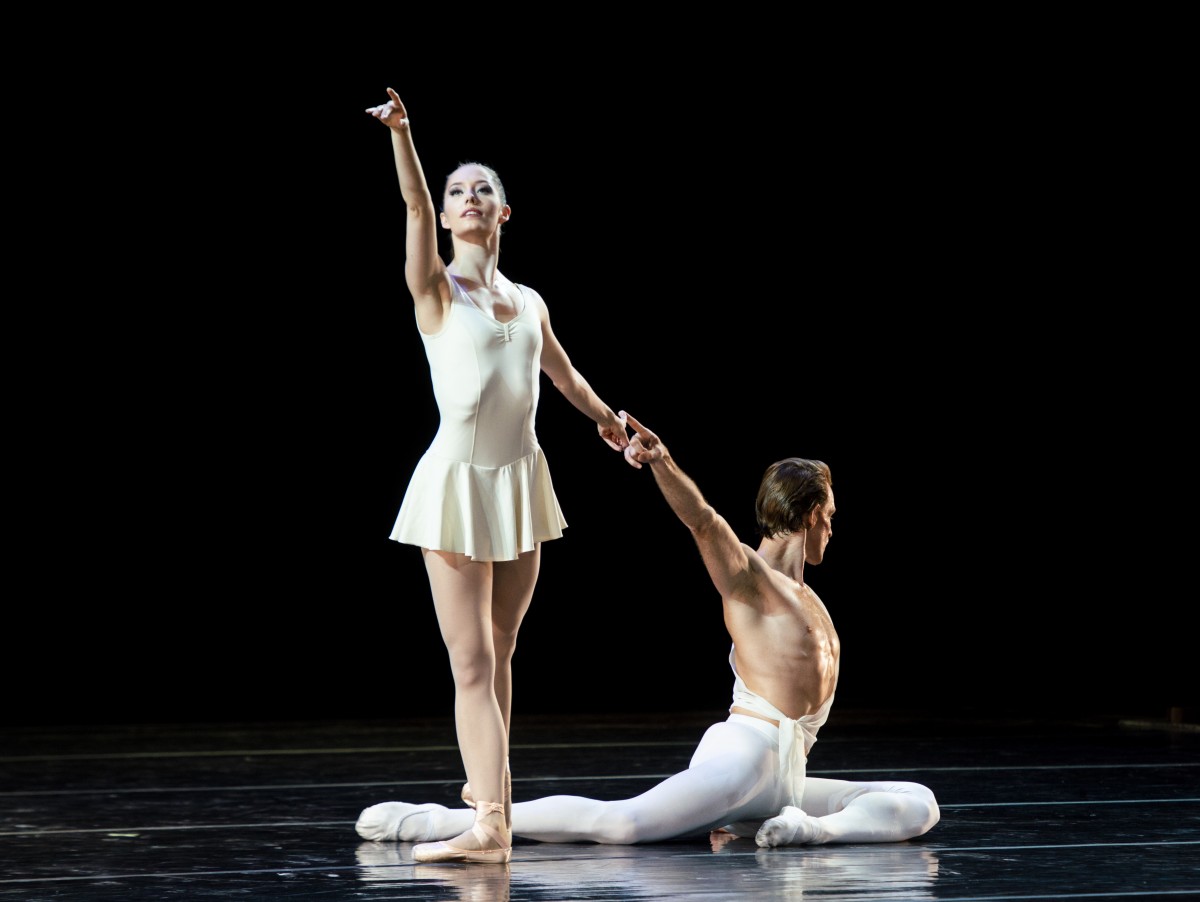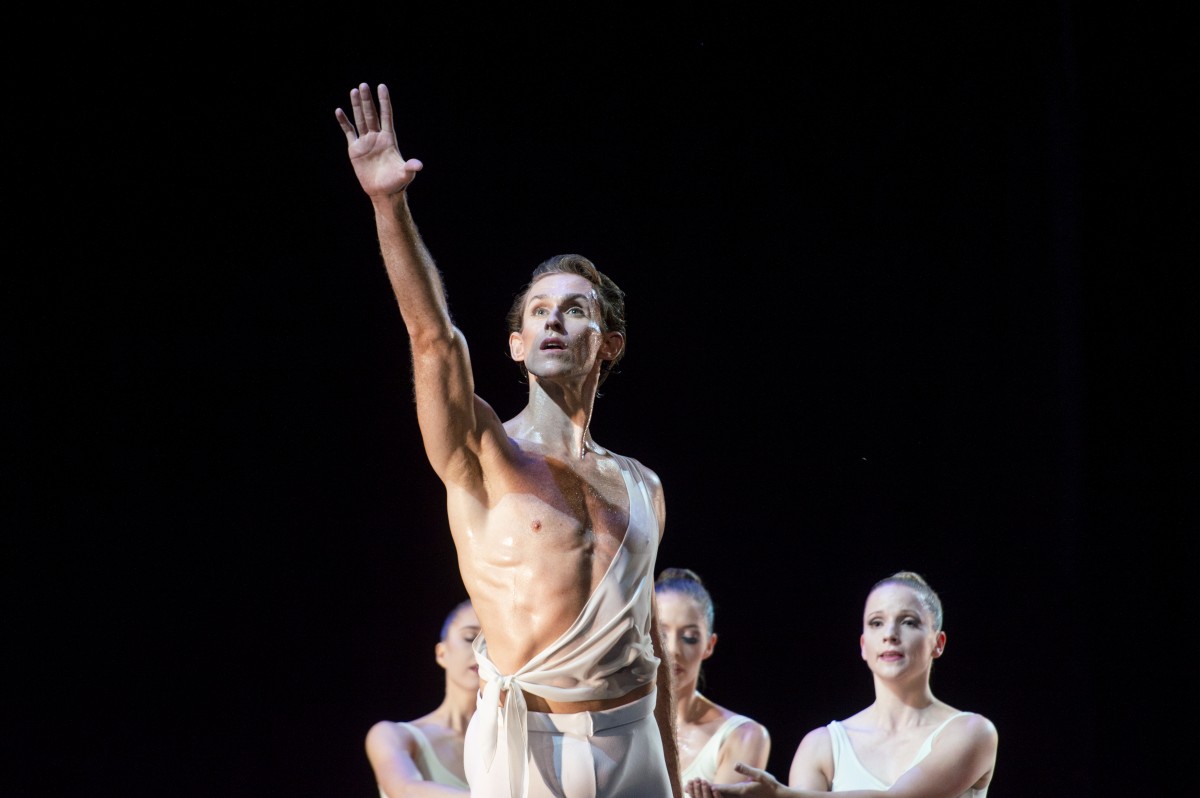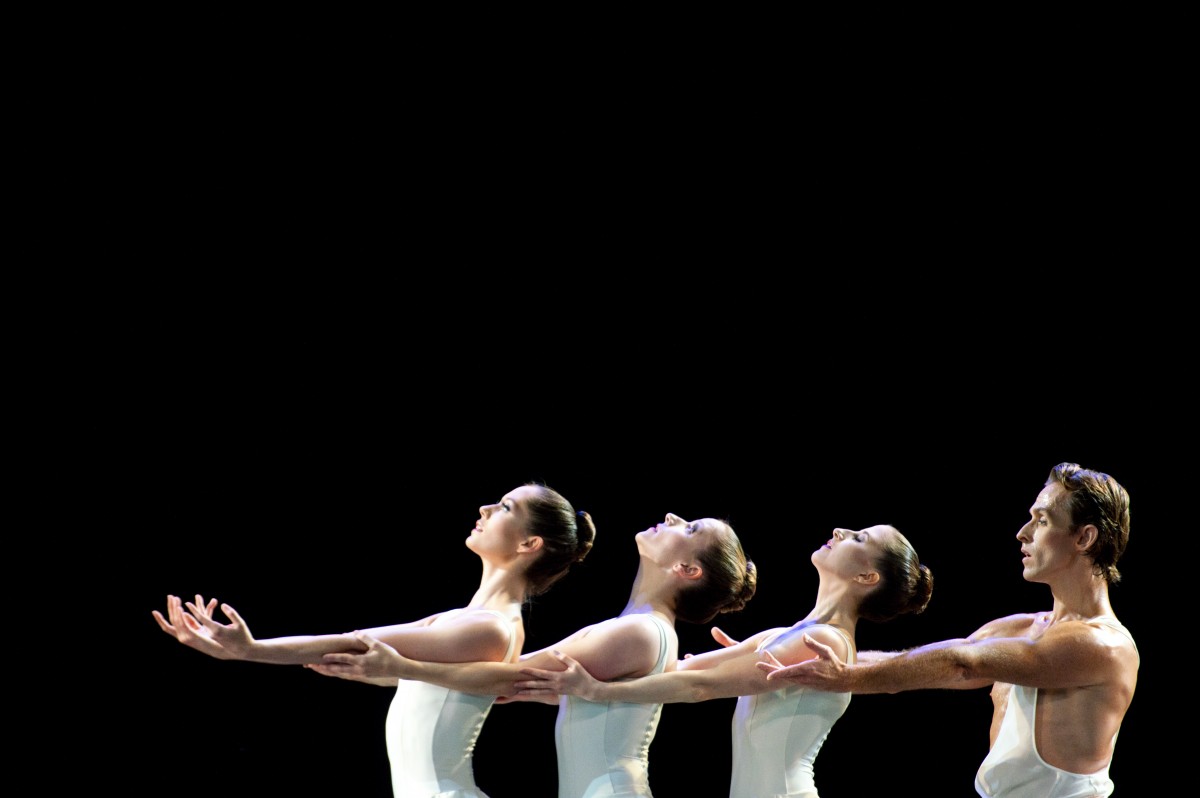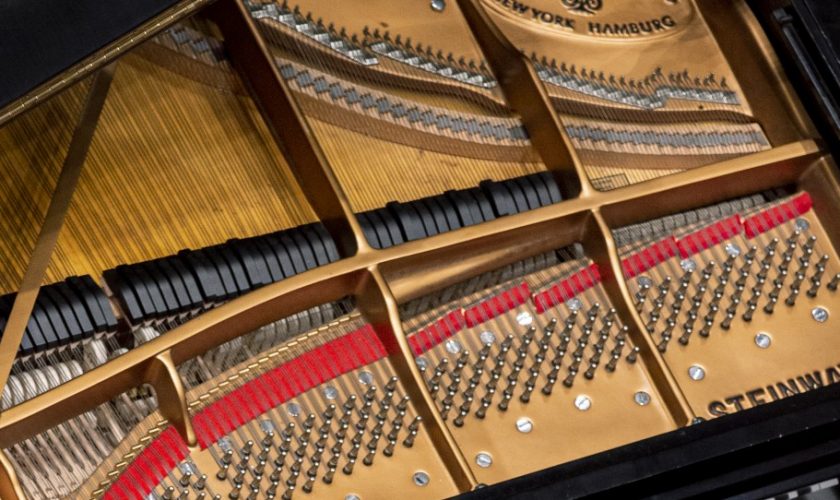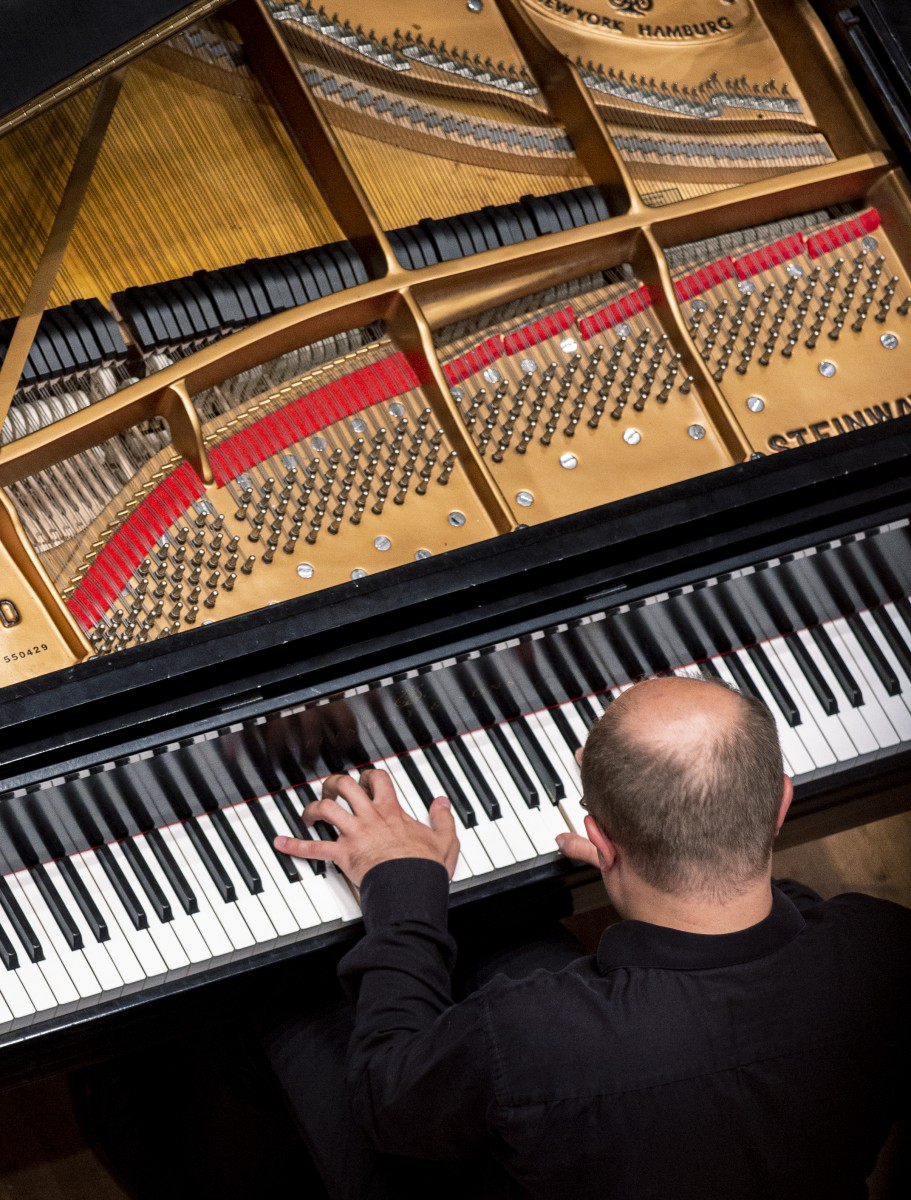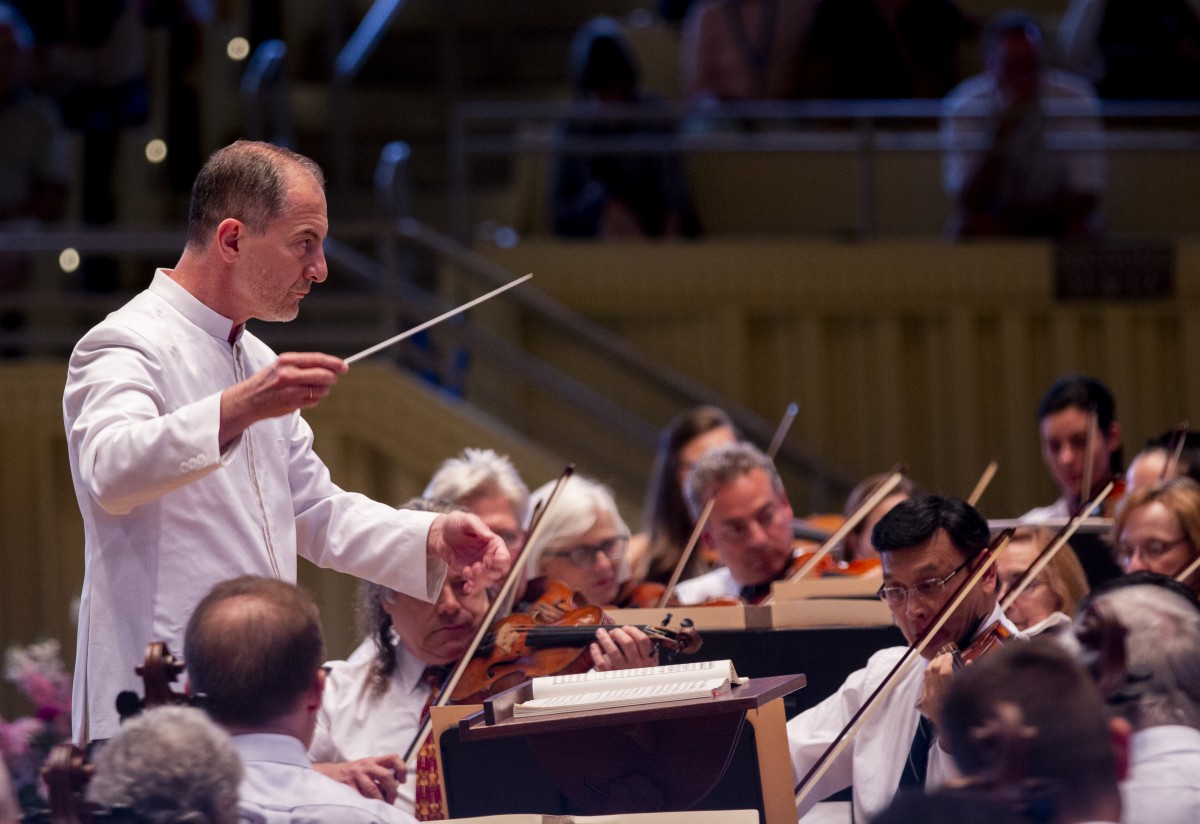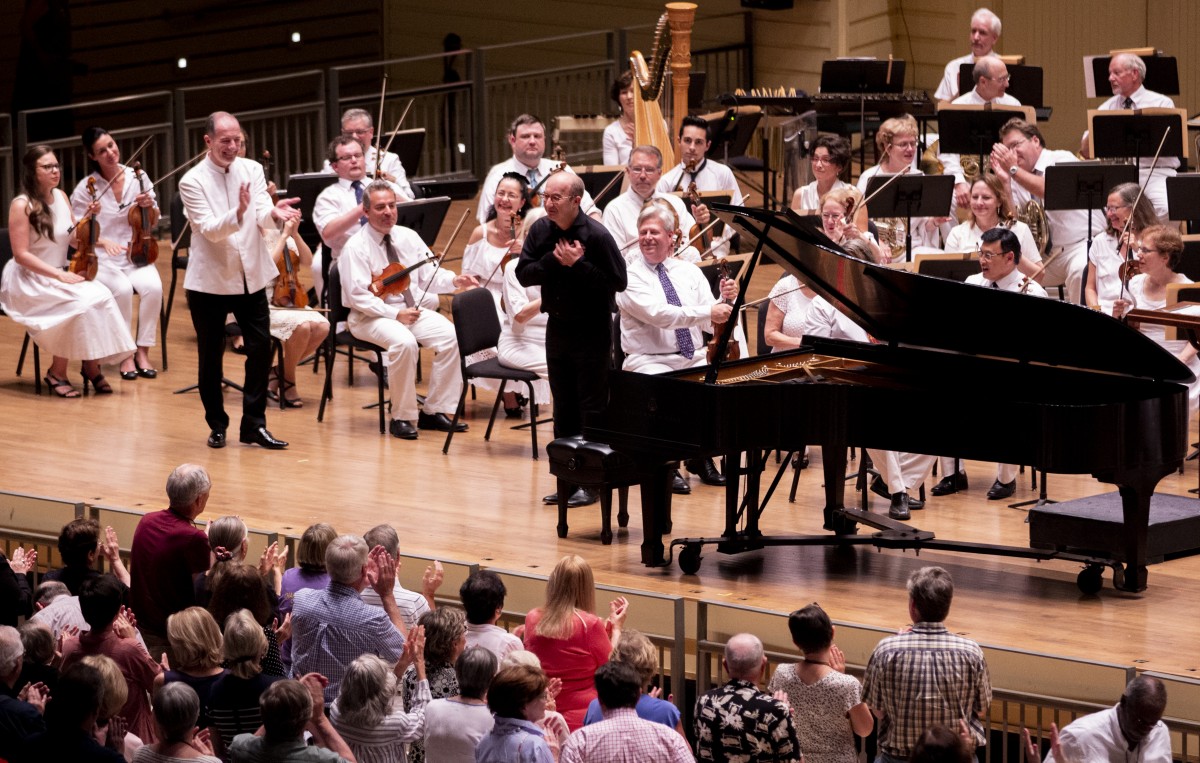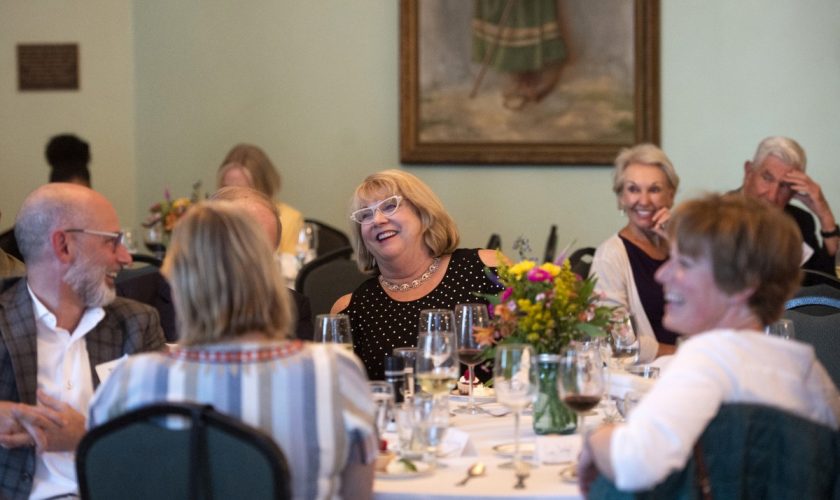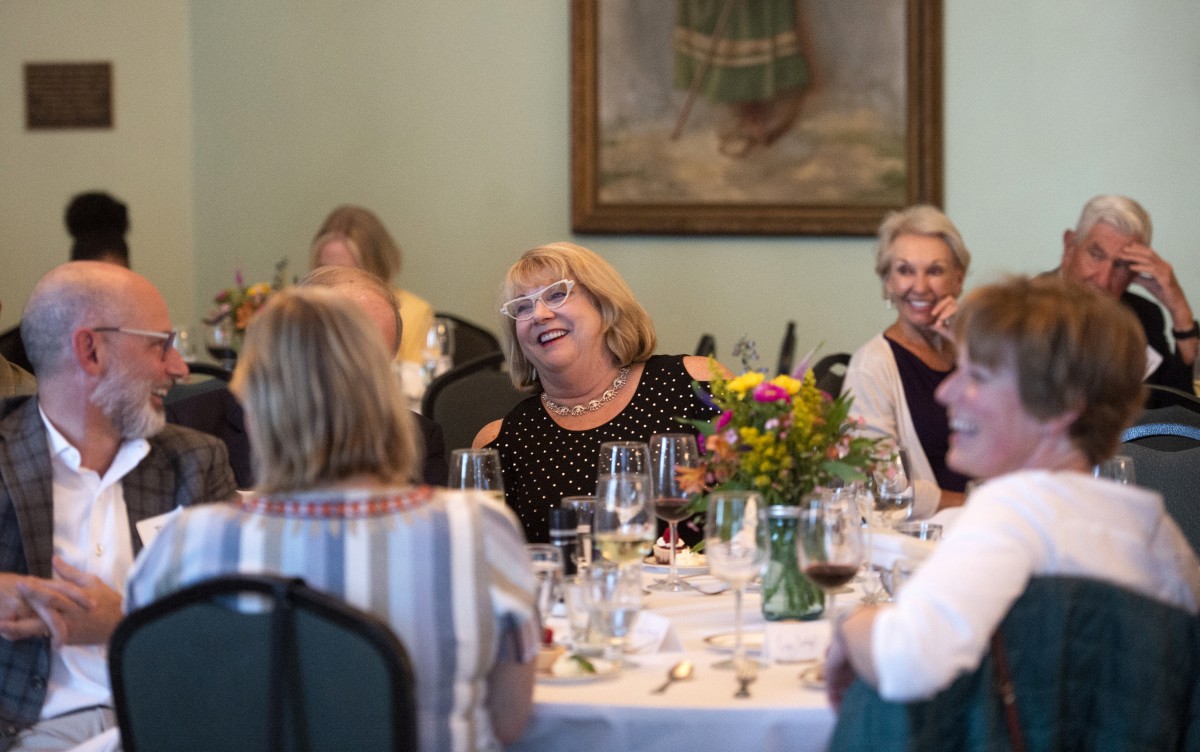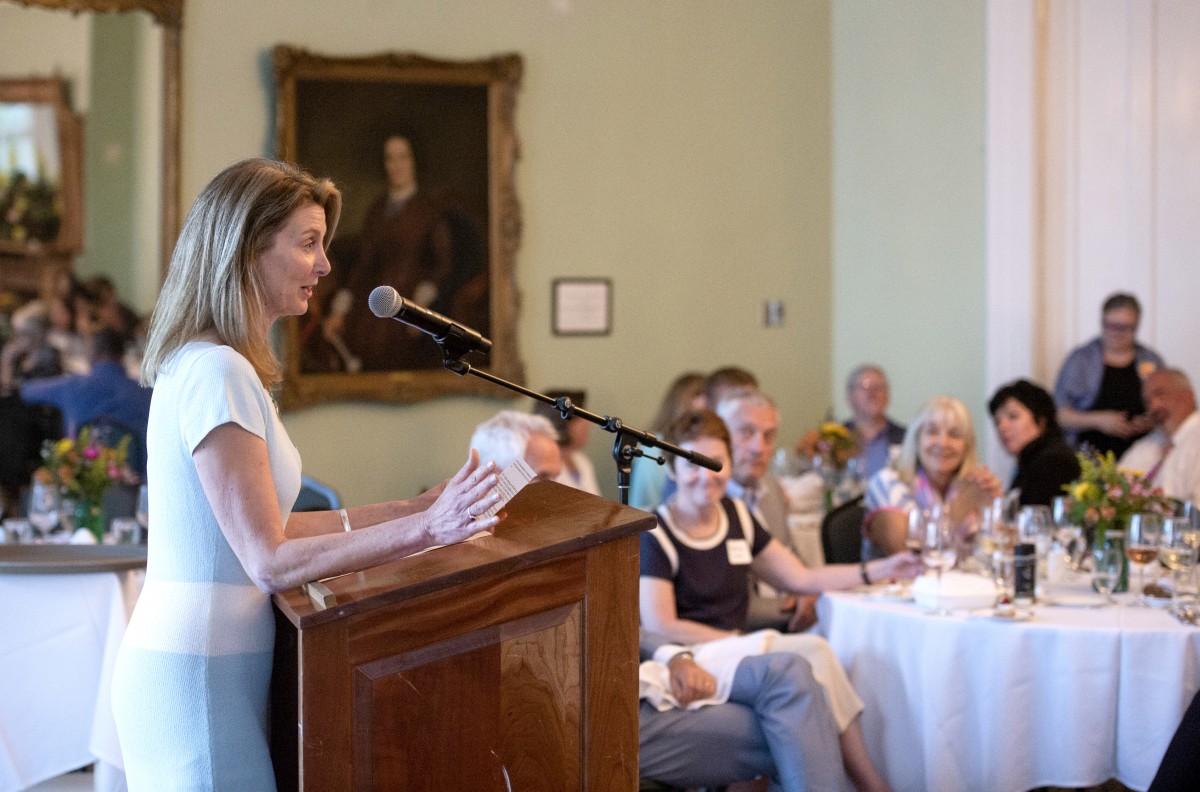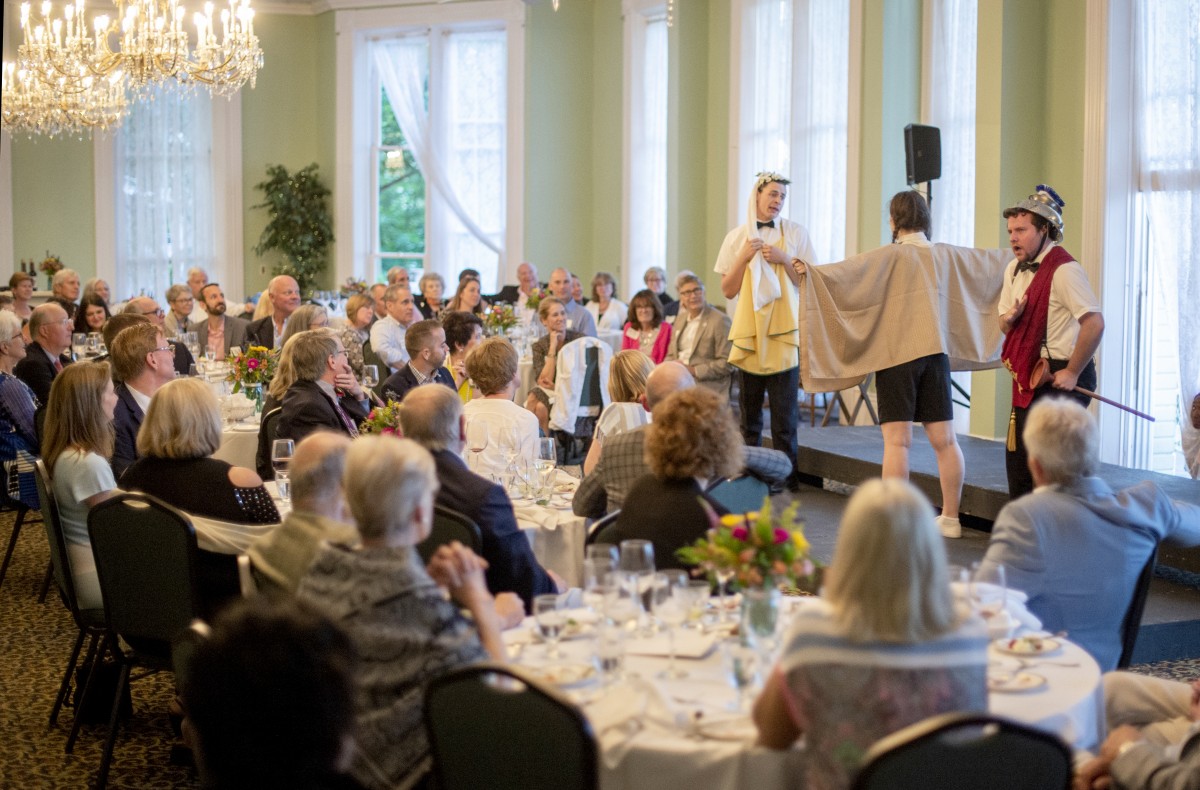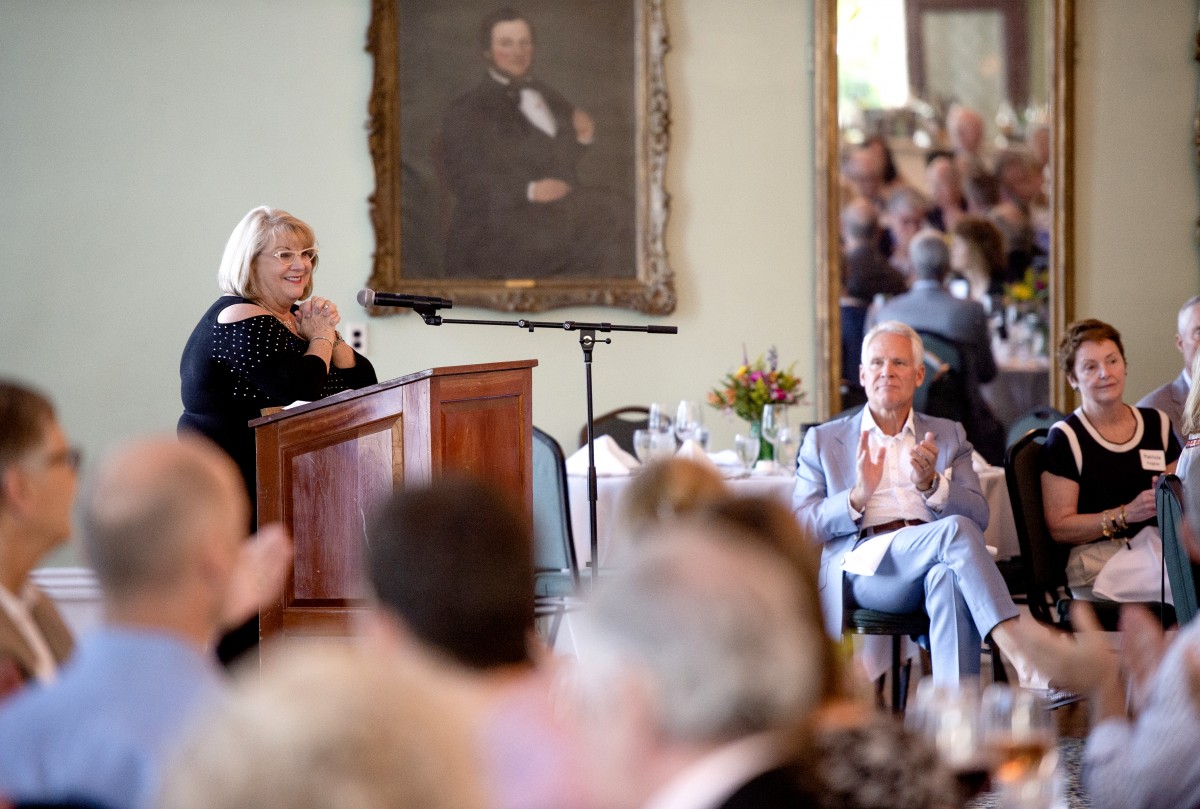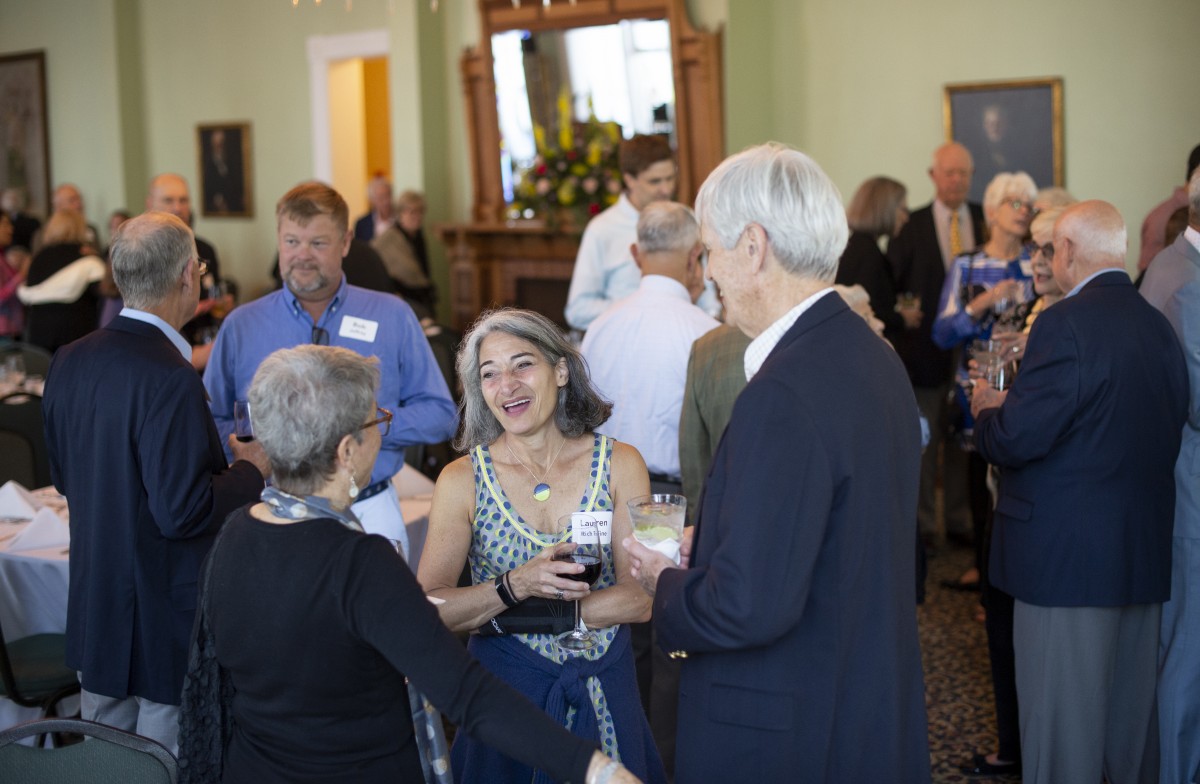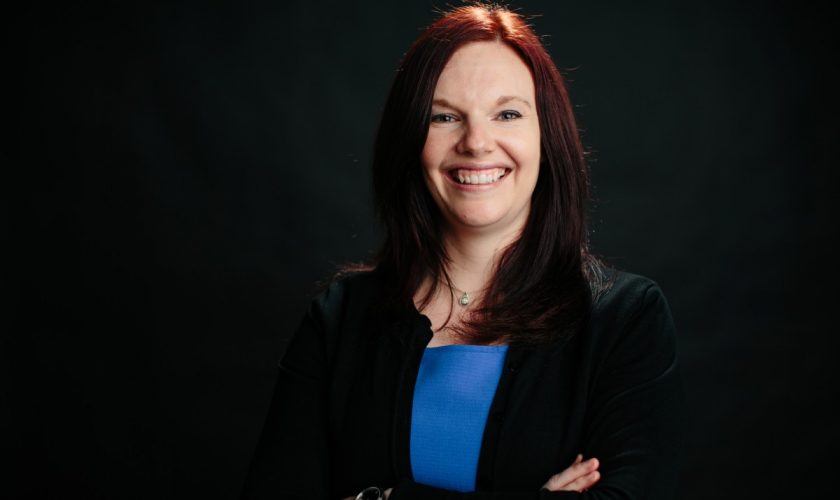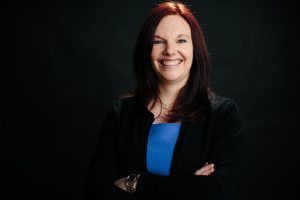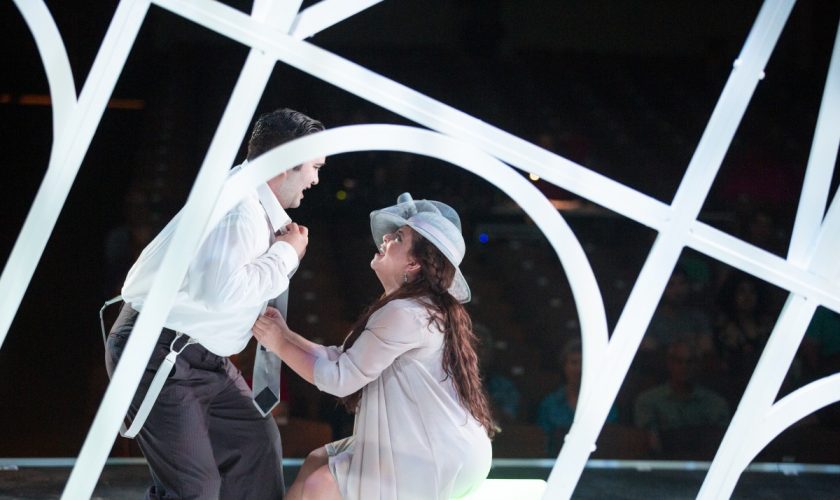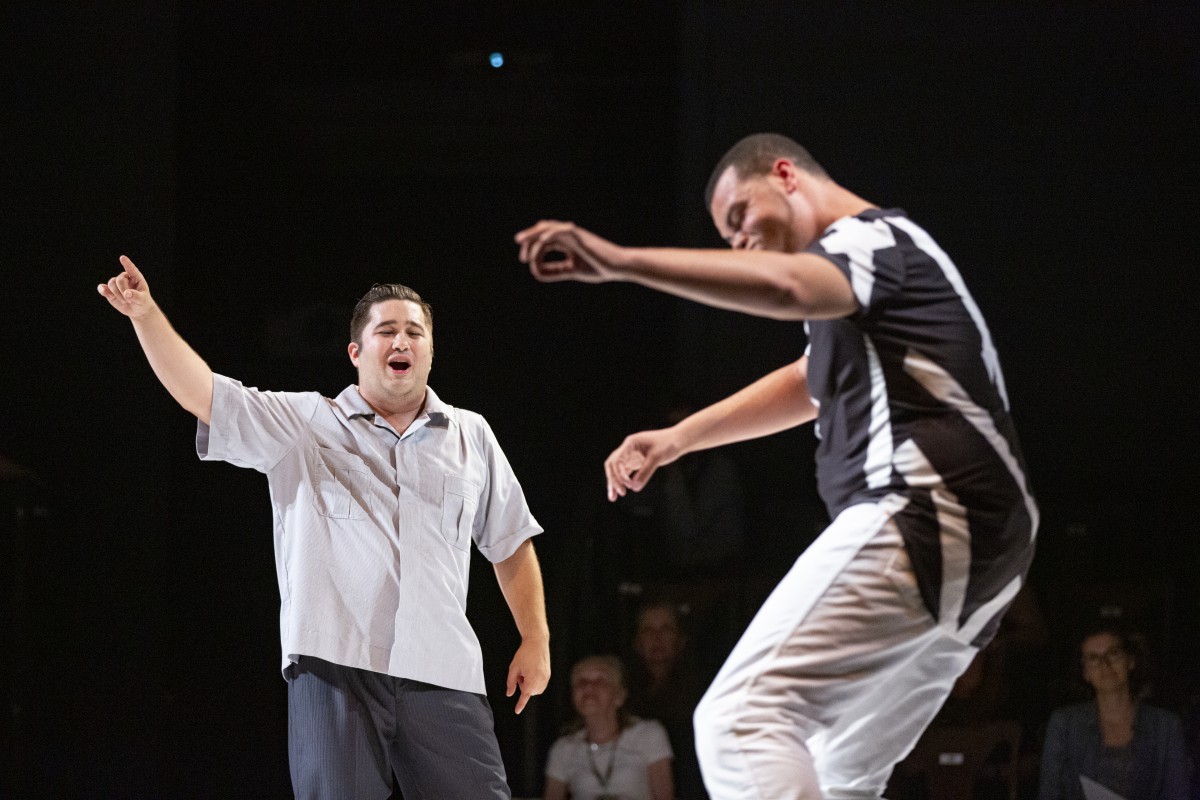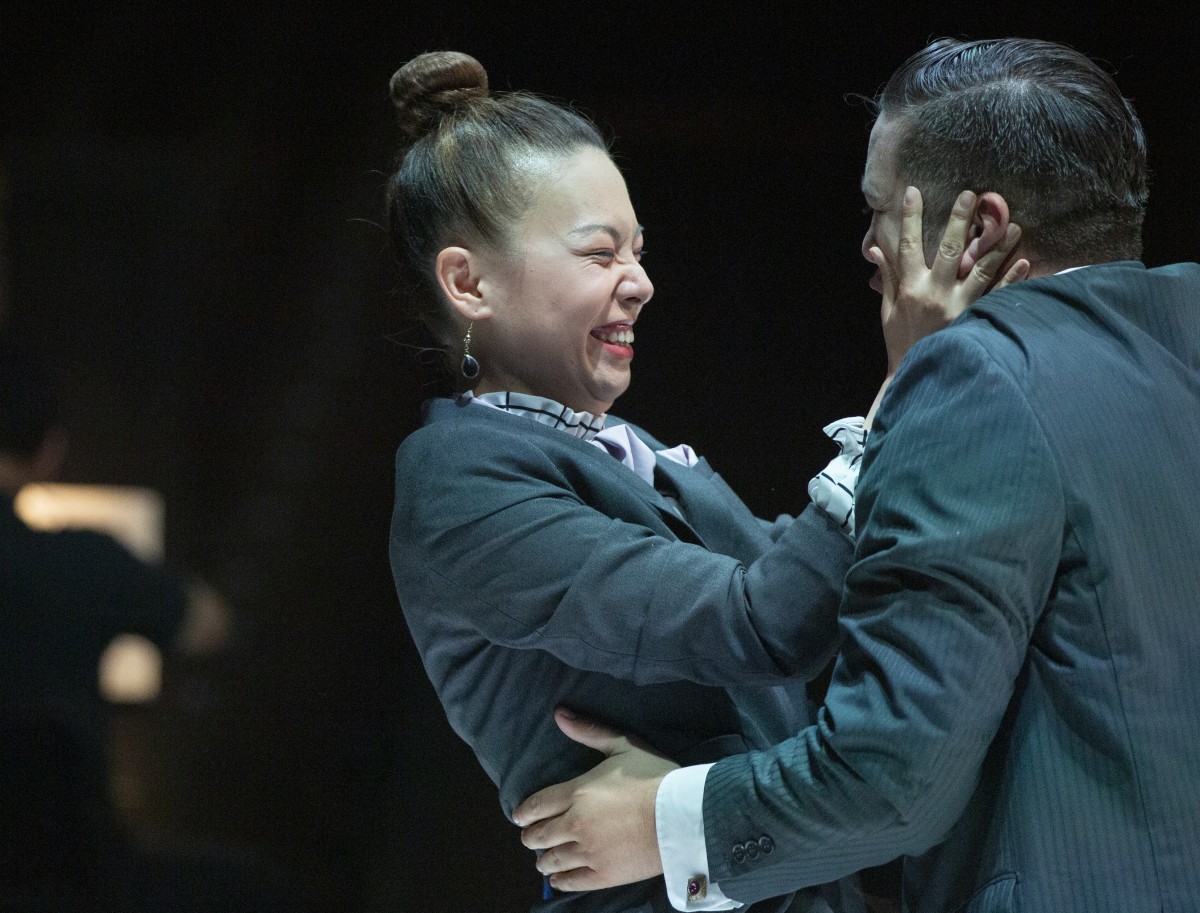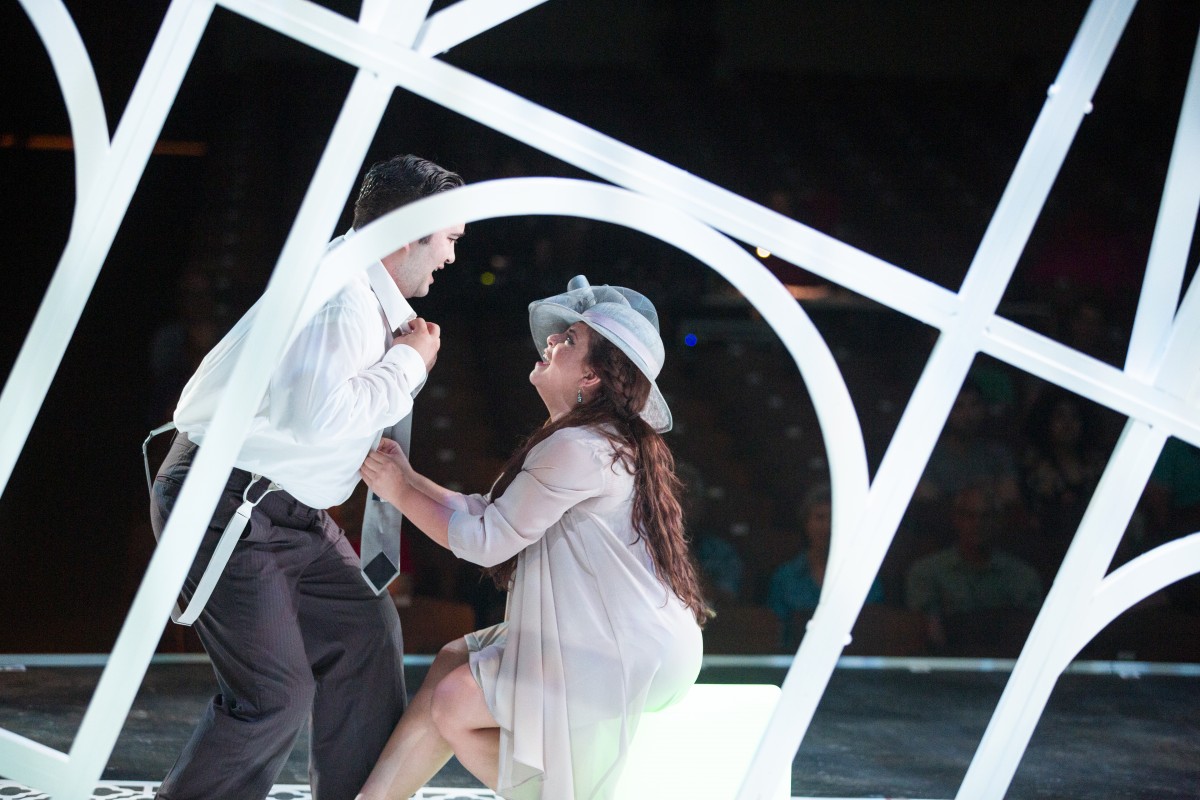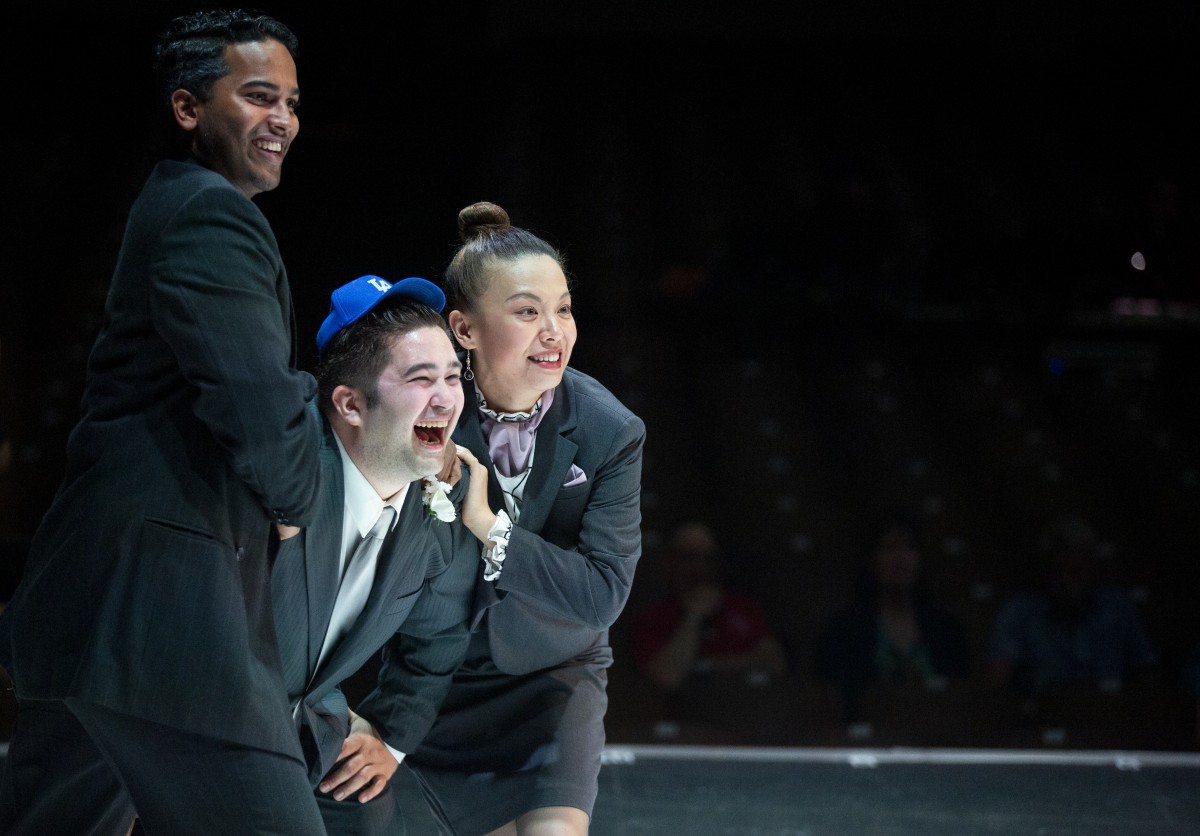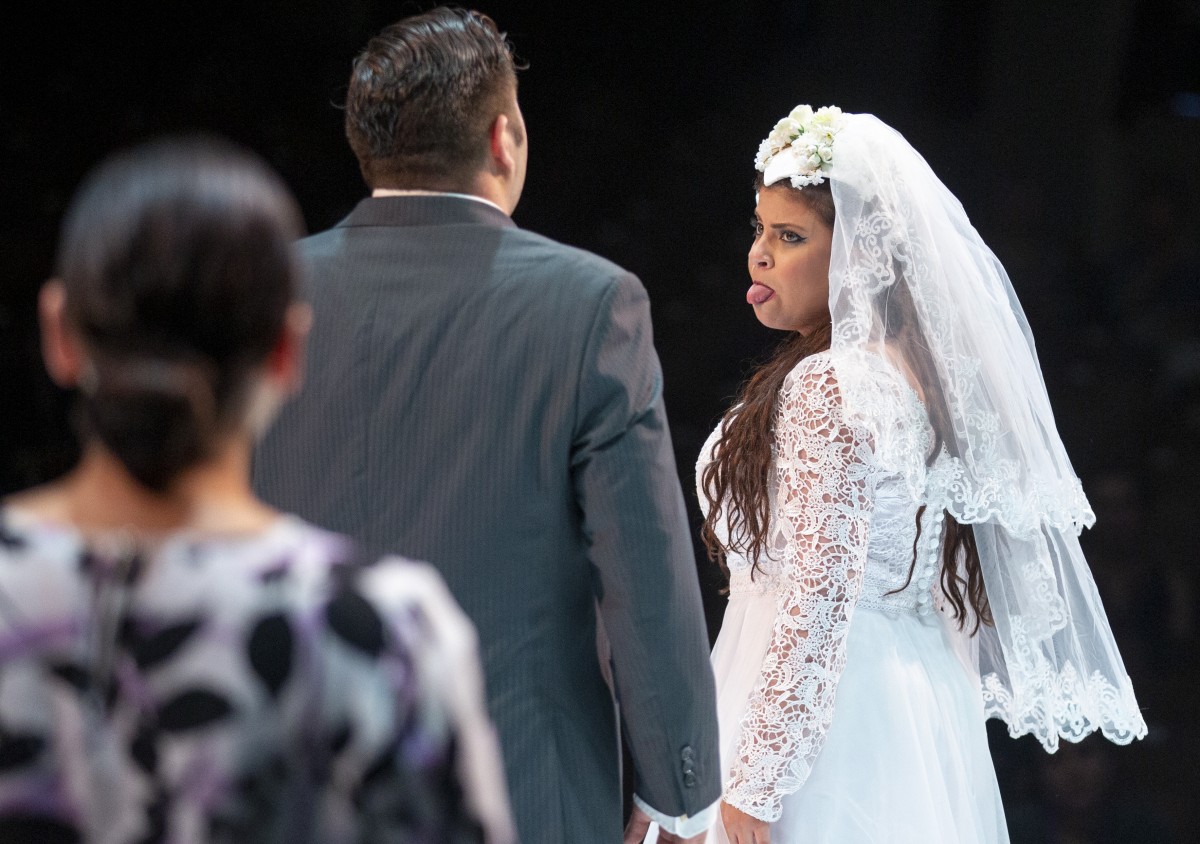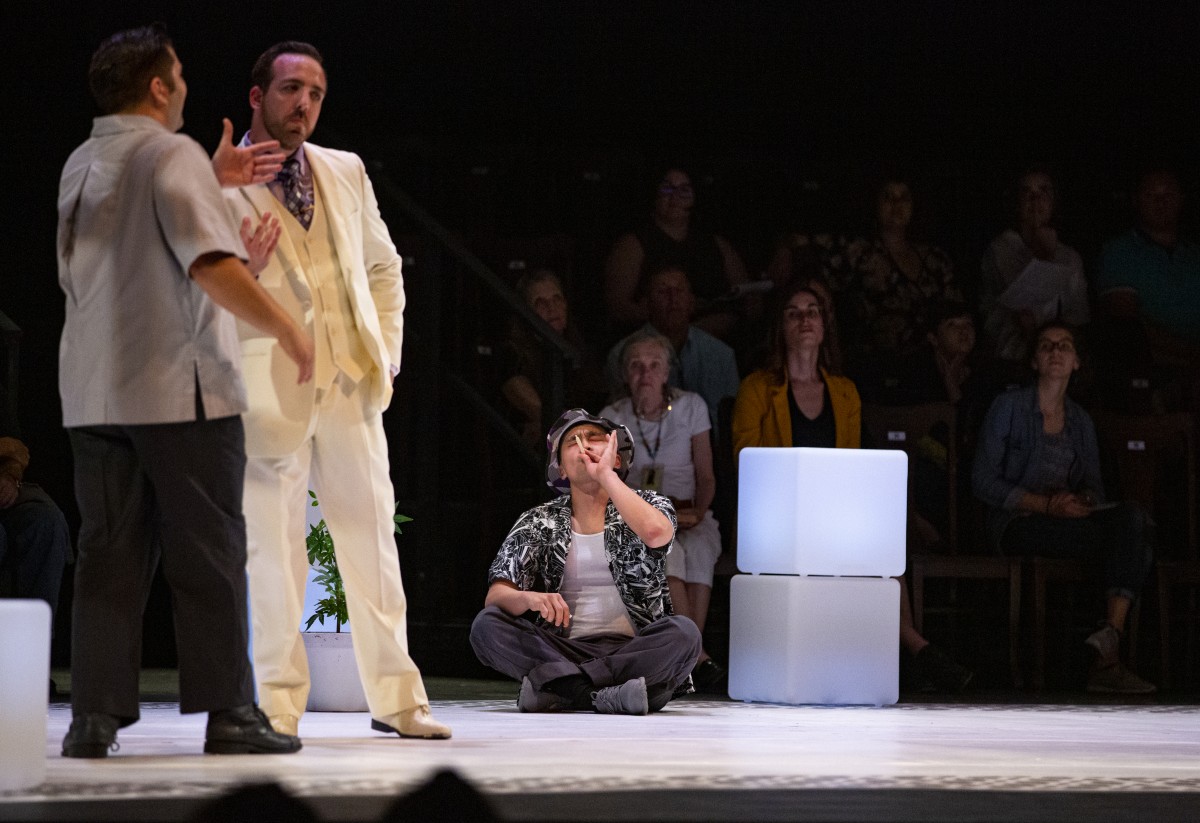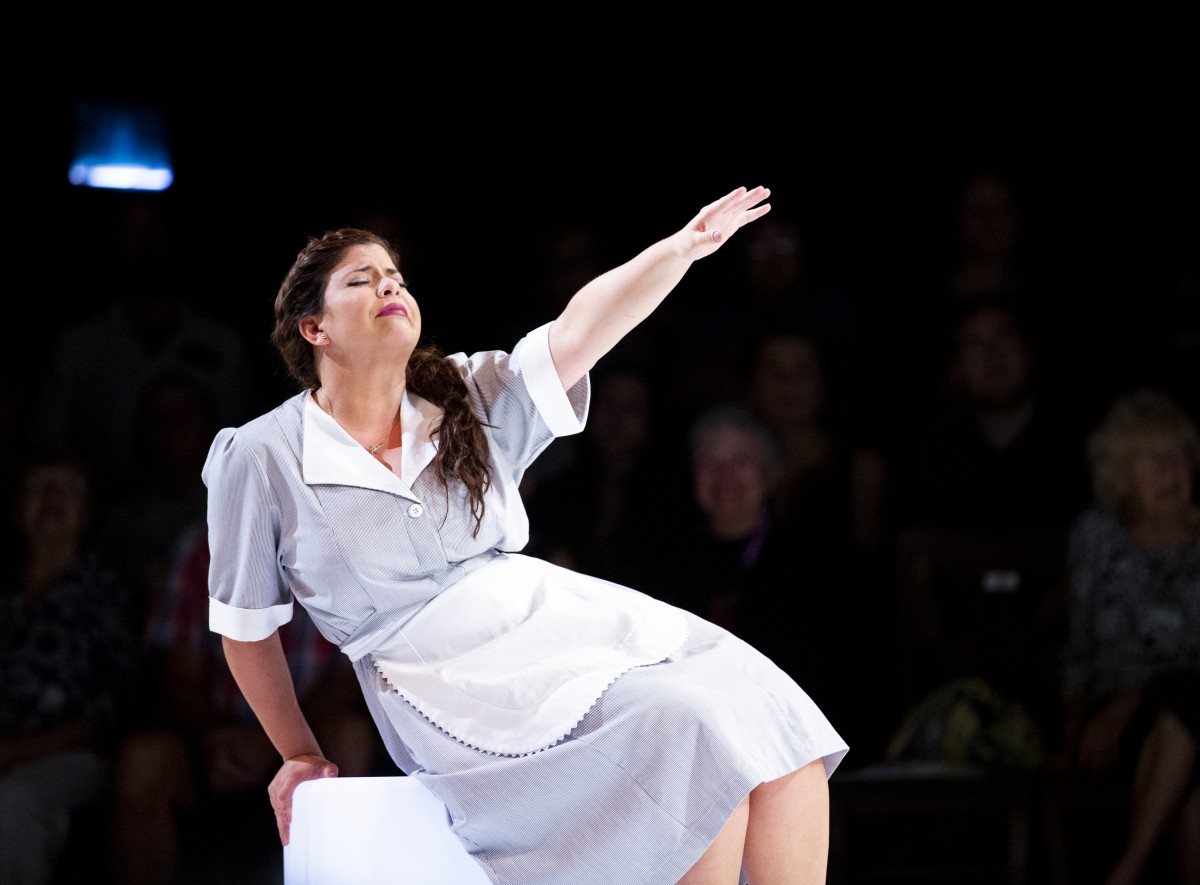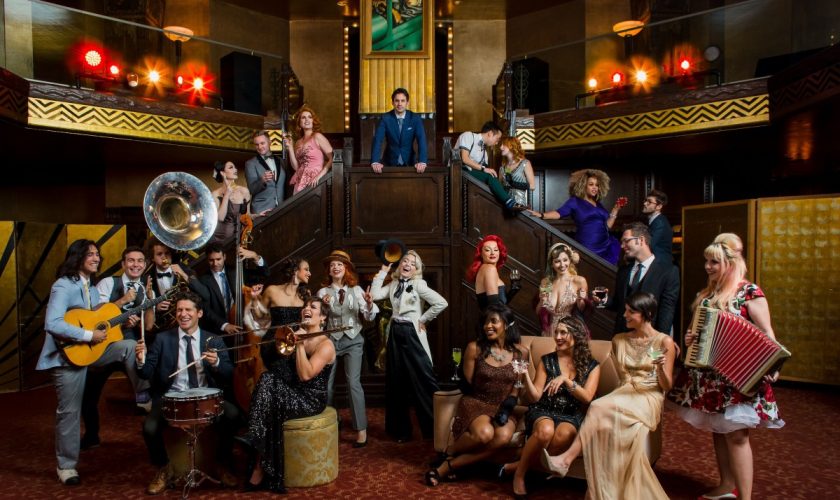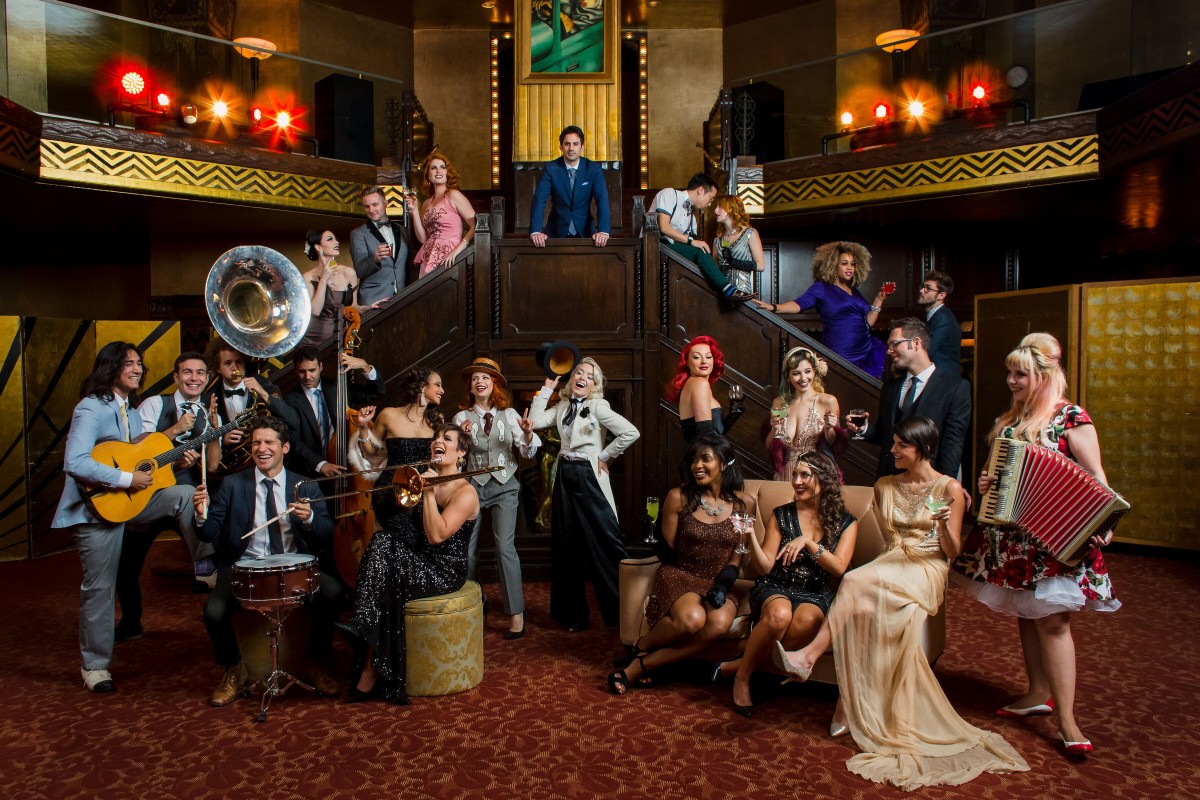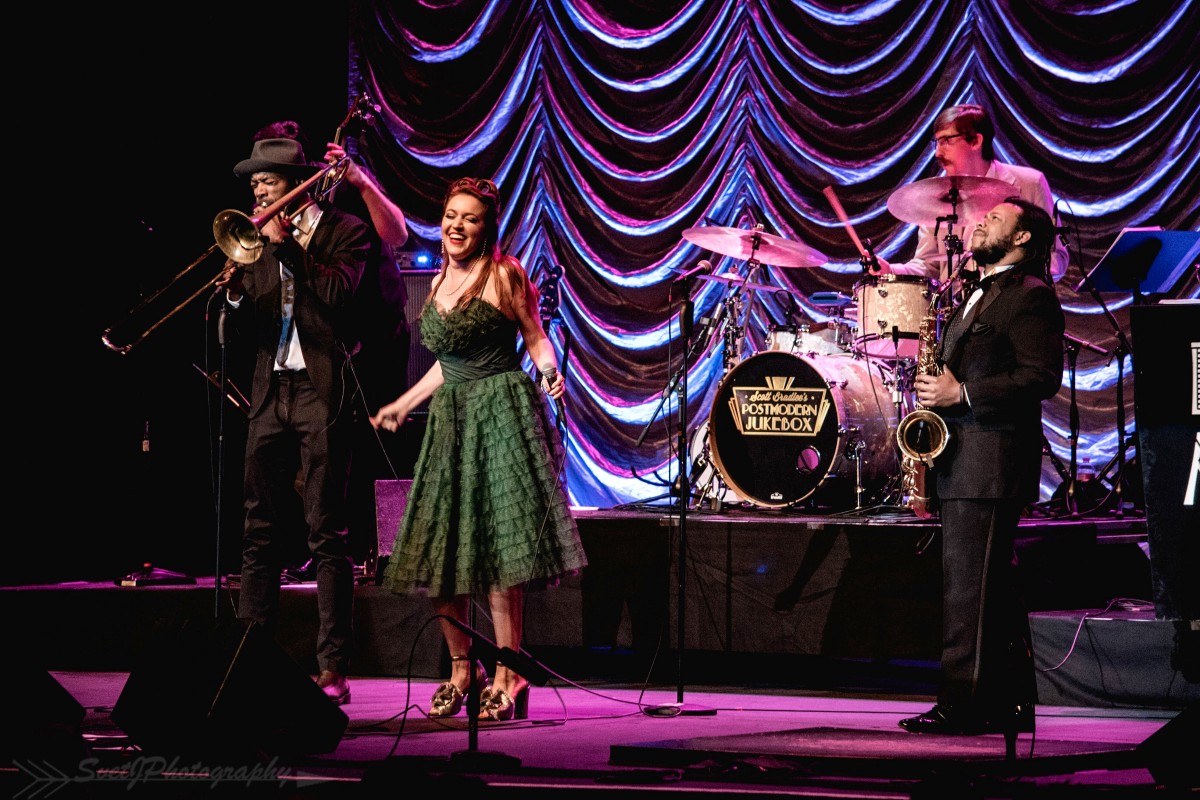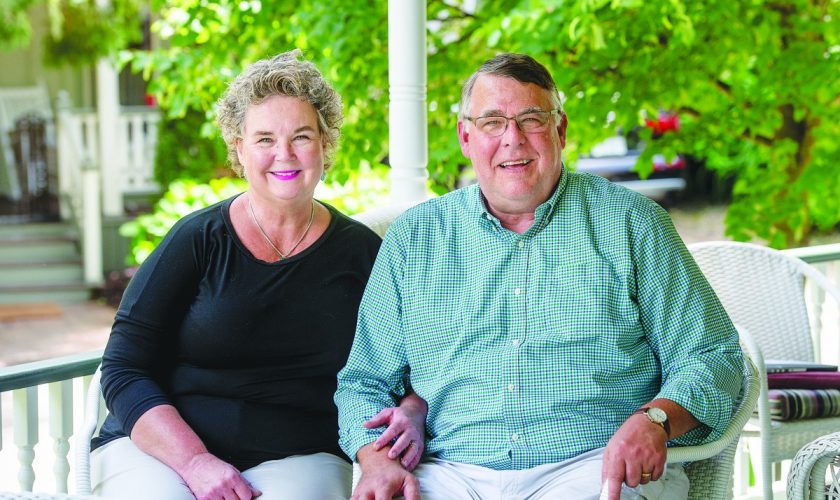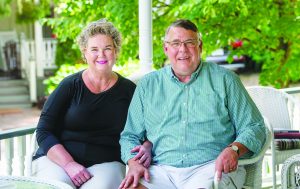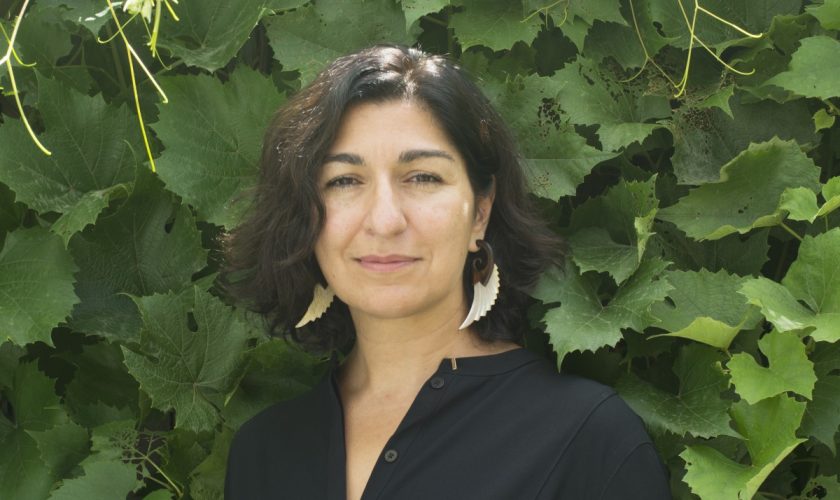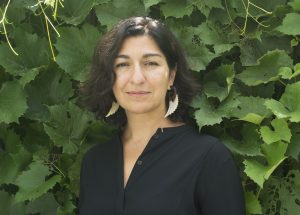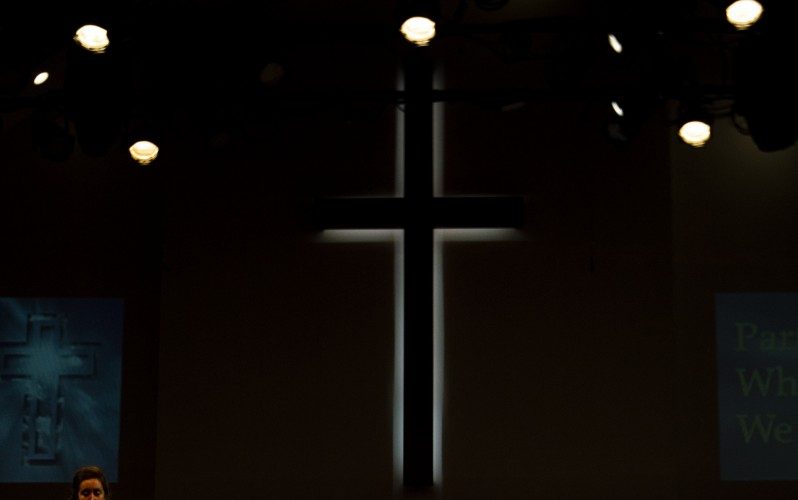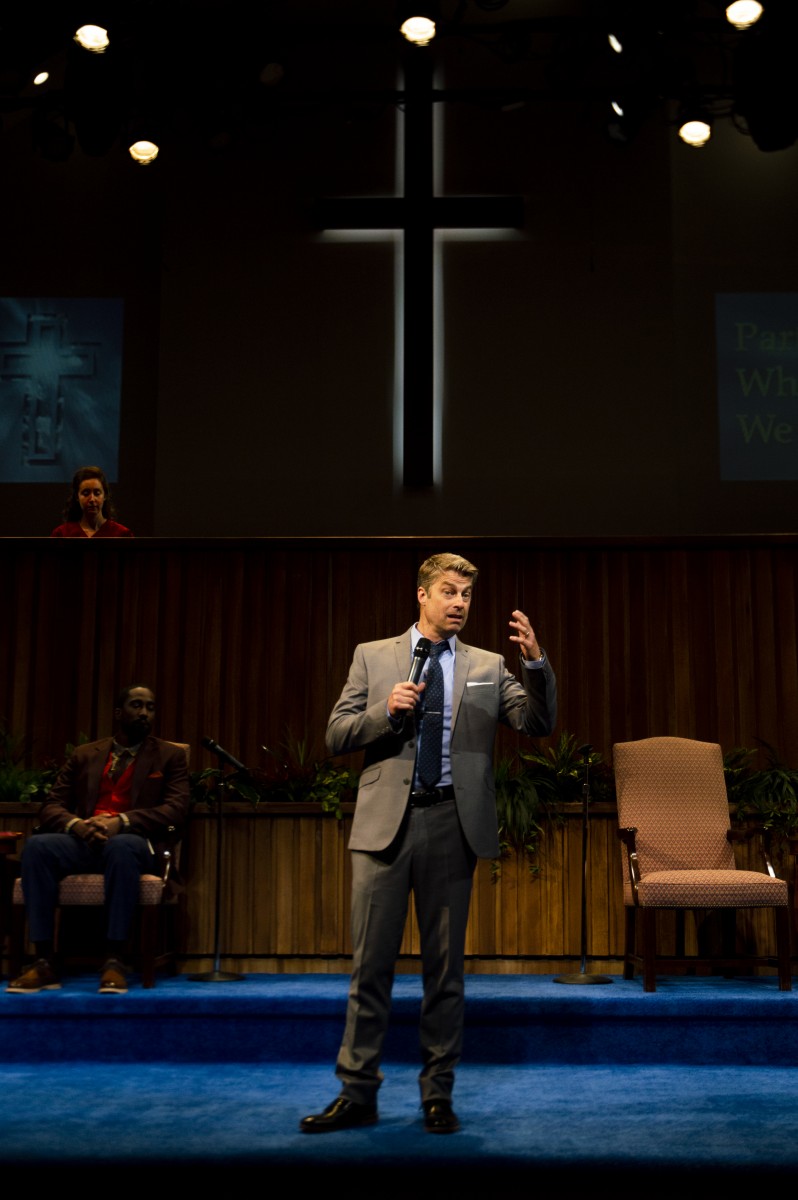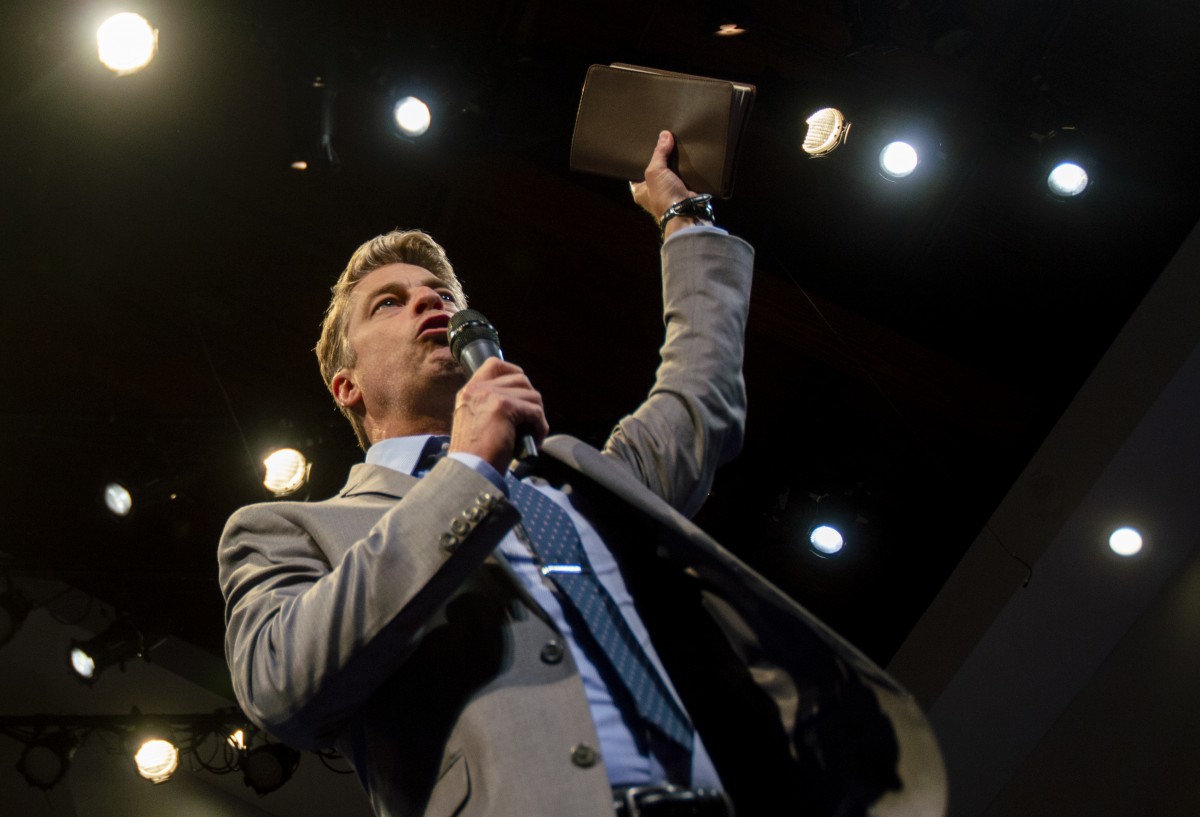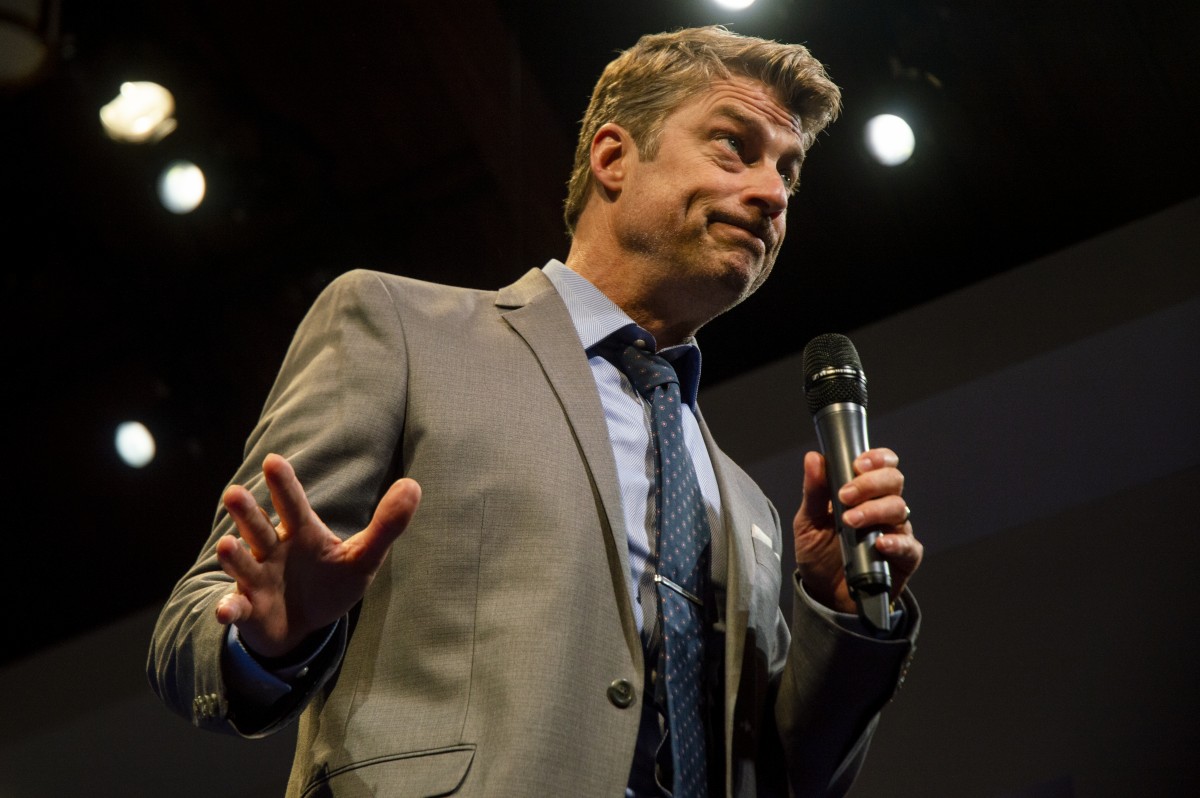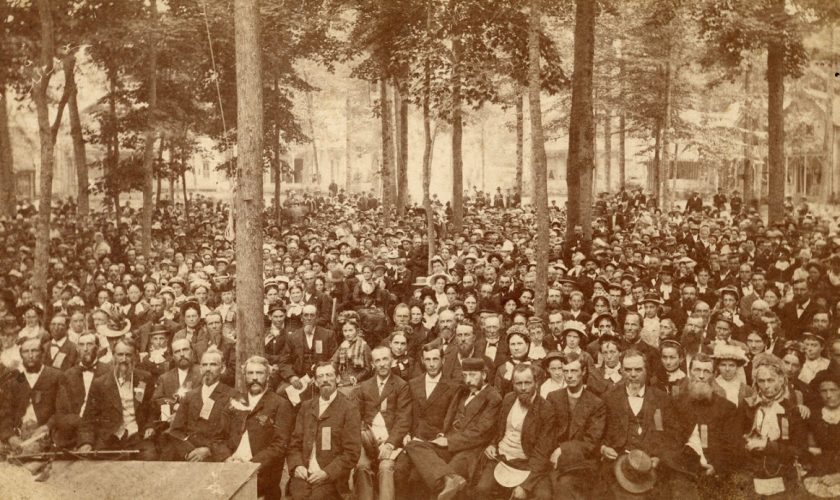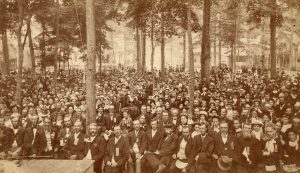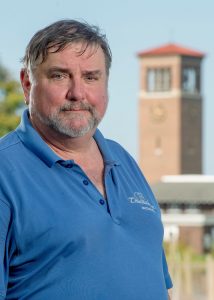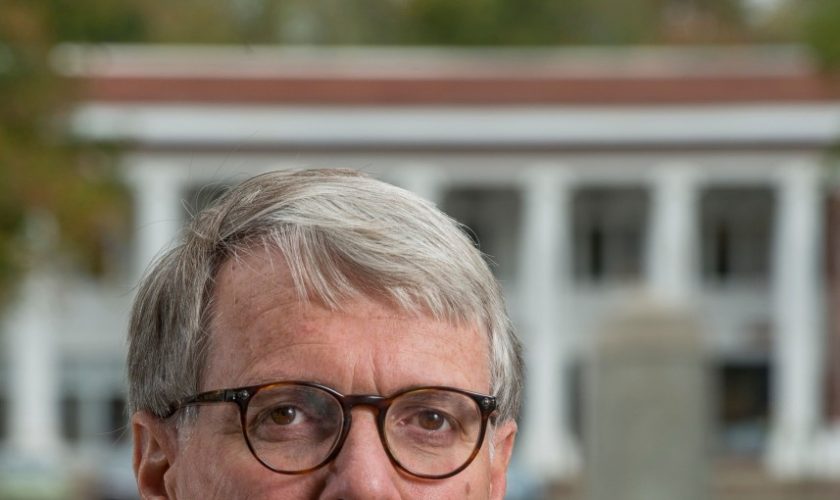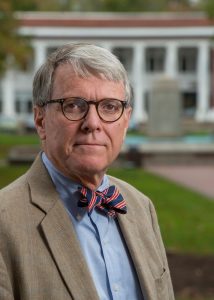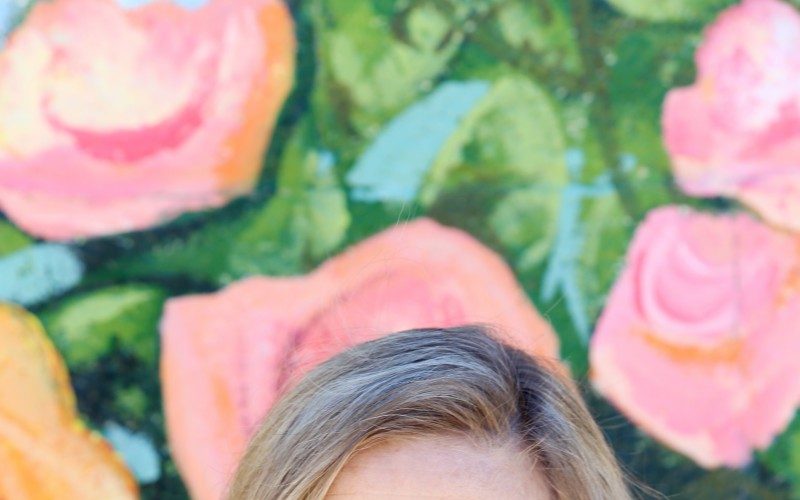
Should Nov. 8, 2016 — the day on which the most recent U.S. Presidential Election was held — be considered one of the most important dates in history?
“My answer is ‘Yes,’ ” said James B. Bruce.
With his talk, “Russian Covert Intervention in the 2016 U.S. Election and the Role of Intelligence in American Democracy,” Bruce will open the 2019 Contemporary Issues Forum, sponsored by the Chautauqua Women’s Club, at 2 p.m. Saturday, June 29 in the Hall of Philosophy.
“This is a hugely important issue,” he said. “This is not ‘meddling.’ … This is interference with the explicit objective of influencing the outcome. … Did the Russians steal the 2016 election?”
Bruce has been an adjunct professor at Georgetown University’s School of Foreign Service since 1995, where he won the Vicennial Medal, and has worked at Pardee RAND Graduate School and Florida Atlantic University’s Osher Lifelong Learning Institute since 2014. He is also an adjunct researcher at the RAND Corporation, the American global policy think tank created after World War II. For nearly 11 years, from 2006 to 2016, he served as a senior political scientist at RAND.
For close to 24 years, Bruce worked for the CIA, including as a senior executive officer in the CIA’s Senior Intelligence Service from 1982 to 2005. At both RAND and the CIA he won numerous awards, including for exceptional performance, outstanding accomplishments, creativity and innovation.
Bruce served as the vice chair, and before that the executive secretary, of the Director of National Intelligence’s Foreign Denial and Deception Committee from 1995 to 2004, and as the National Intelligence Council’s Deputy National Intelligence Officer for Science and Technology from 1999 to 2002. In addition to several other NIC positions, he was chief of counterintelligence training at the Director of Central Intelligence’s Counterintelligence Center from 1991 to 1993. From 2017 to 2018, Bruce provided research and consultation support to the NIC and FDDC.
His CIF lecture will precede Special Counsel Robert Mueller’s public and private testimony before the Judiciary and Intelligence Committees of the U.S. House of Representatives on Wednesday, July 17. Bruce himself has testified before several Congressional committees as a lead witness or principal briefer.
According to Bruce, Mueller’s two volume, 440-page, “Report On The Investigation Into Russian Interference In The 2016 Presidential Election,” released in March 2019, produced “the big breakthrough.”
At first, he said, the information was very sketchy.
“It is more fulsome because of the investigations, mostly by The New York Times, CNN and other news organizations,” Bruce said. “They did exceptional research.”
Despite its length, “people ought to read (the Mueller Report) because it’s intrinsically important in American history,” he said.
Based on knowledge he gleaned from open-source reporting and the Mueller Report, he added, “there are a lot of things (Mueller) missed, and some things he should have done differently, so it’s not a perfect report.”
As the lead author or principal investigator for more than 30 RAND research studies, Bruce is an authority on research and analysis, especially that requiring top-secret clearance, and has a professional commitment to objectivity and nonpartisanship.
His RAND studies included “secrecy management, operational security, military deception, unauthorized disclosures, intelligence protection and sharing, intelligence methodology (analytic tradecraft) … (and) evaluation of human and technical intelligence collection.”
As he grew up in an east-side suburb of Cleveland, Bruce did not yearn to work for the CIA. After high school he joined the United States Navy, where he said he spent four years as a gun fire control technician on three different destroyers cruising the western Pacific from Pearl Harbor to Asia. He said he left the Navy about the time the Vietnam War was starting up.
At Kent State University, Bruce earned his Bachelor of Arts and Master of Arts in political science, and his Ph.D. at the University of Denver’s Josef Korbel School of International Relations. His mentor was Josef Korbel, the father of Madeleine K. Albright and mentor of Condoleezza Rice, the 64th and 66th U.S. secretaries of state, respectively.
Before joining the CIA, Bruce served as a full-time political science faculty member at Kent State University and Marshall University, and as professor of national security policy at the National War College in Washington, D.C.
He said that with the exception of writing style, the transition from academia to the CIA was “pretty seamless.”
While he was working for the CIA, Bruce taught undergraduate courses in Soviet politics and foreign policy as an adjunct professor at American University’s School of International Service from 1987 to 1990.
As a senior analyst at the NIC from 1982 to 1984, he was the principal drafter of the National Intelligence Assessment on Soviet Research and Development. In addition, he wrote a “controversial research study of growing civil unrest and emerging political instability in the USSR.”


